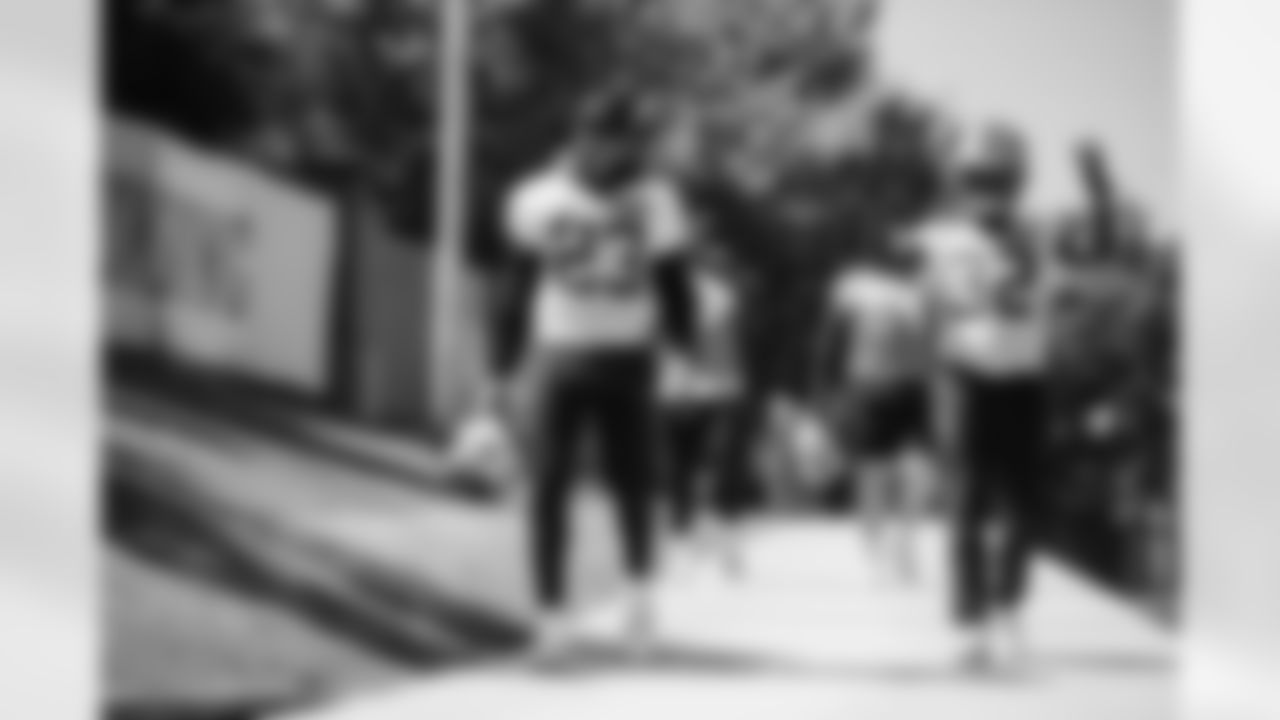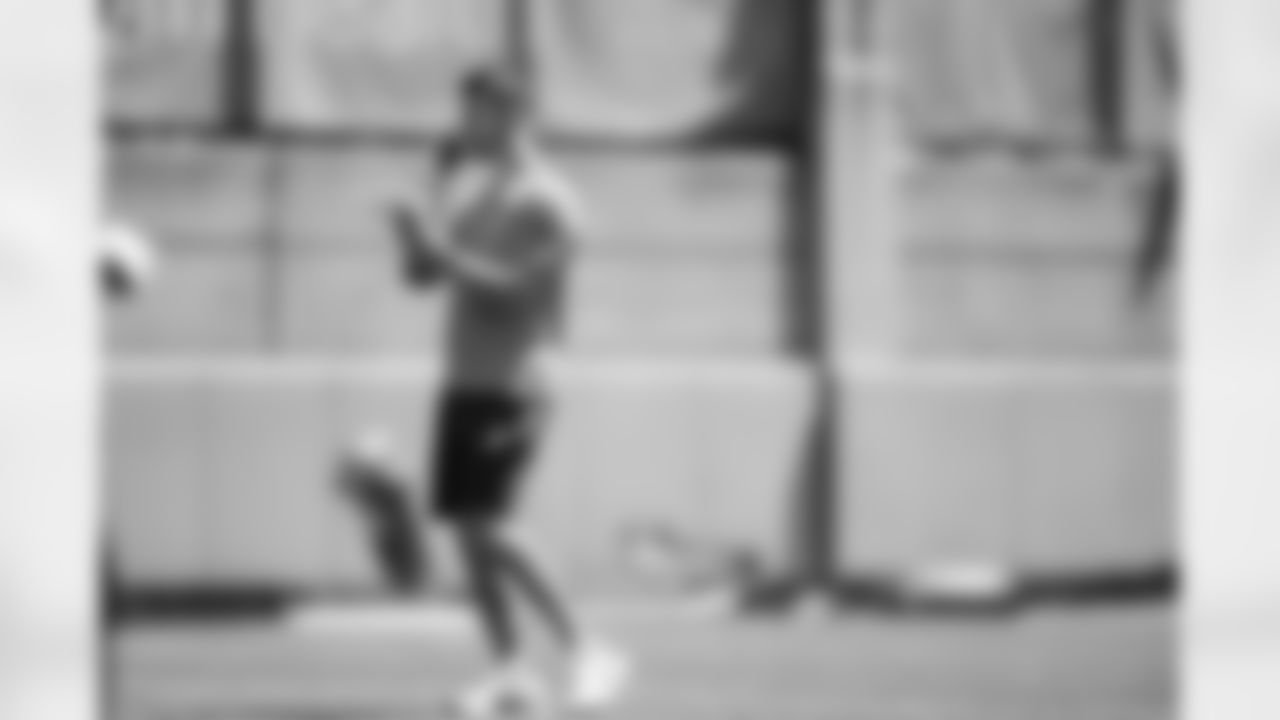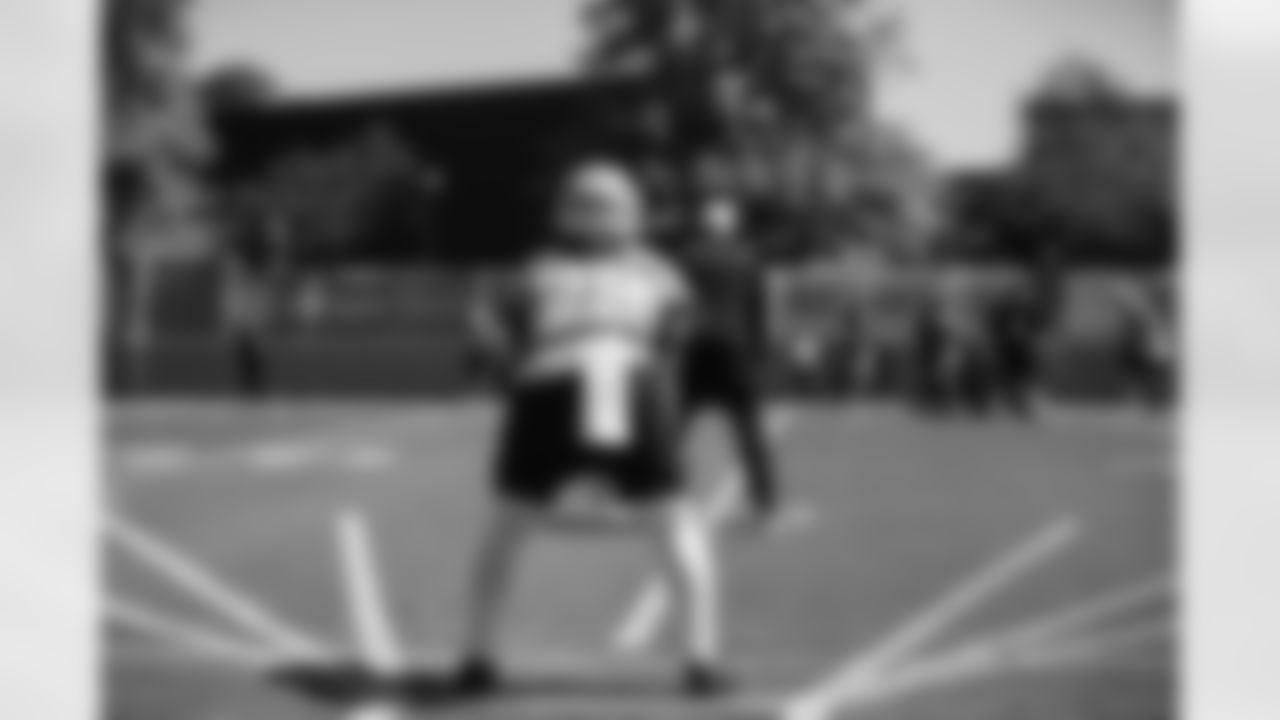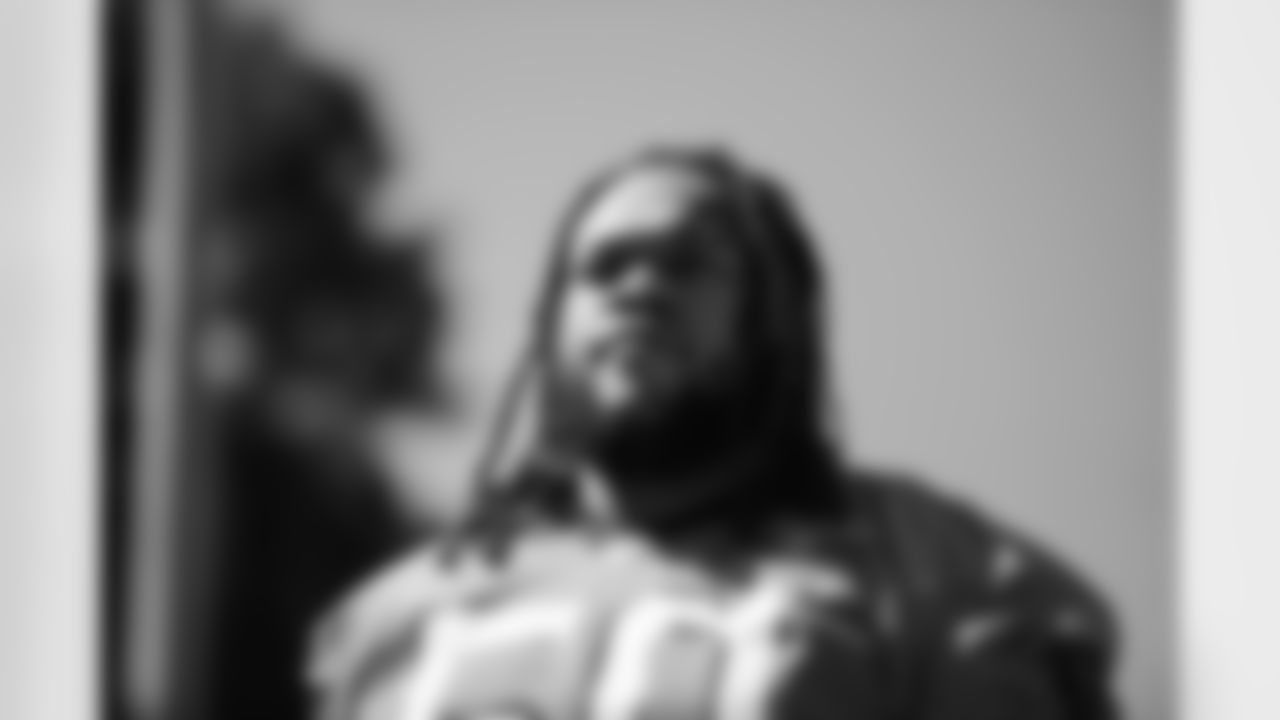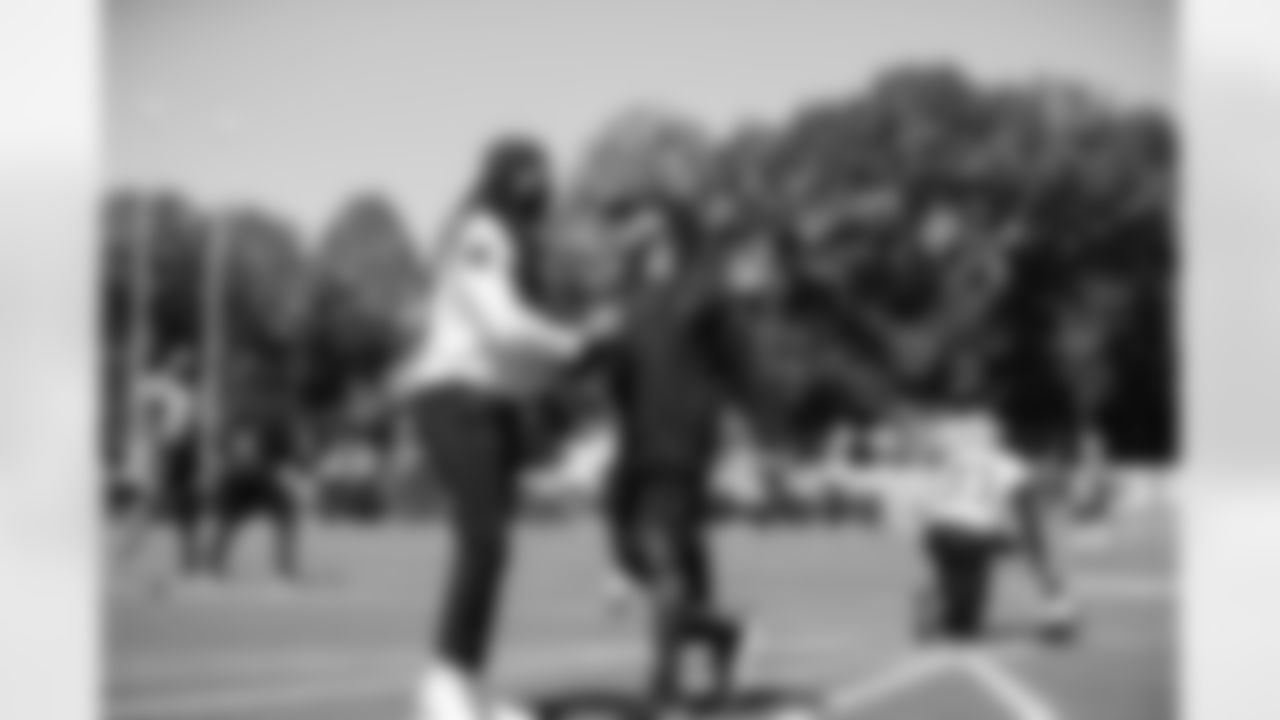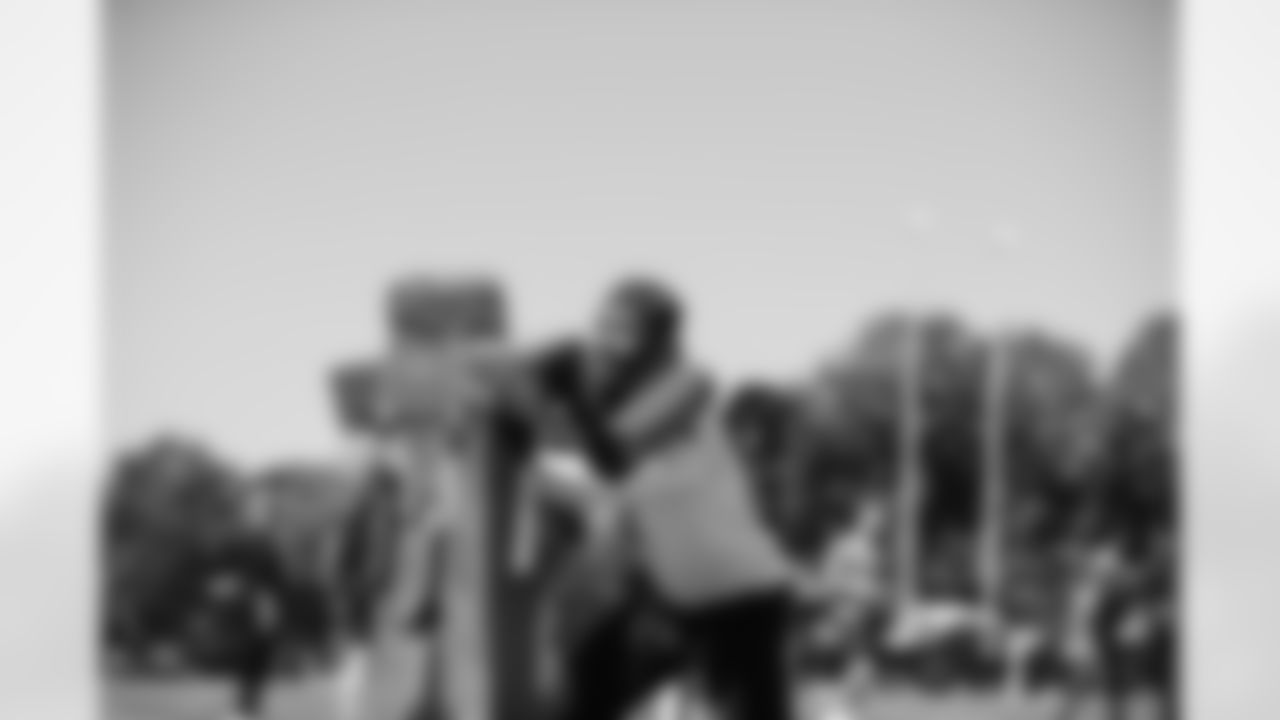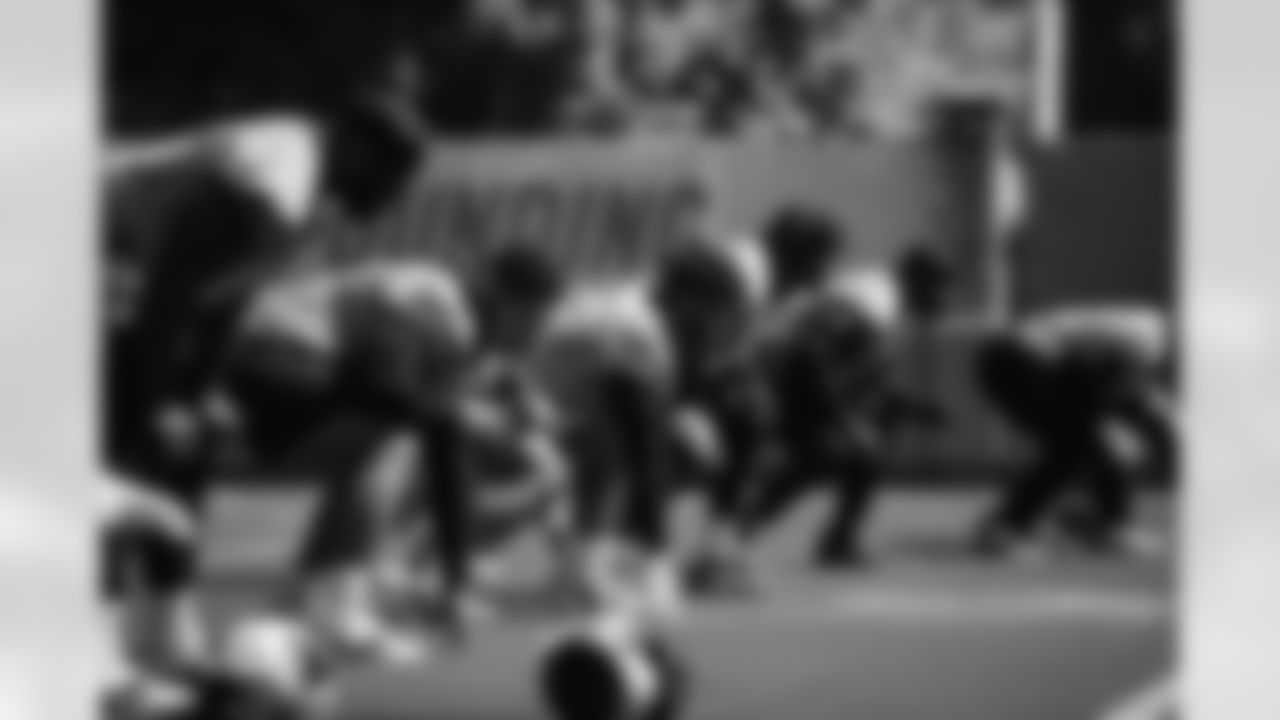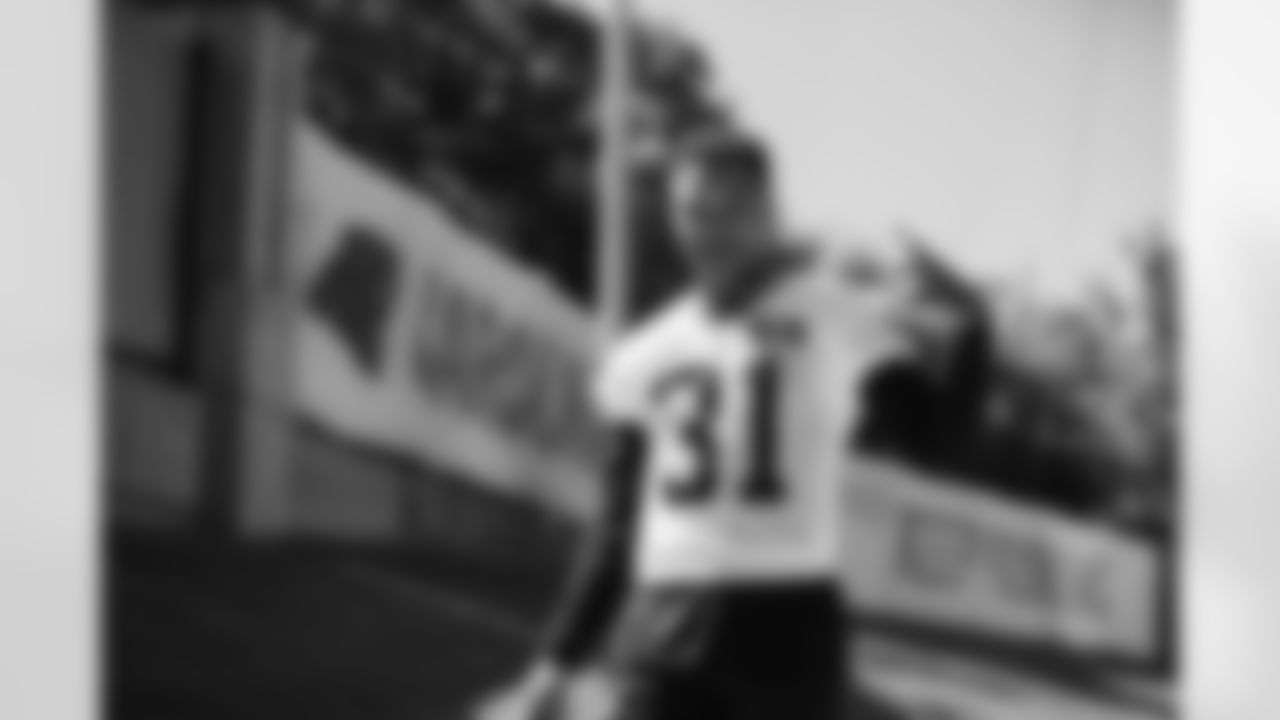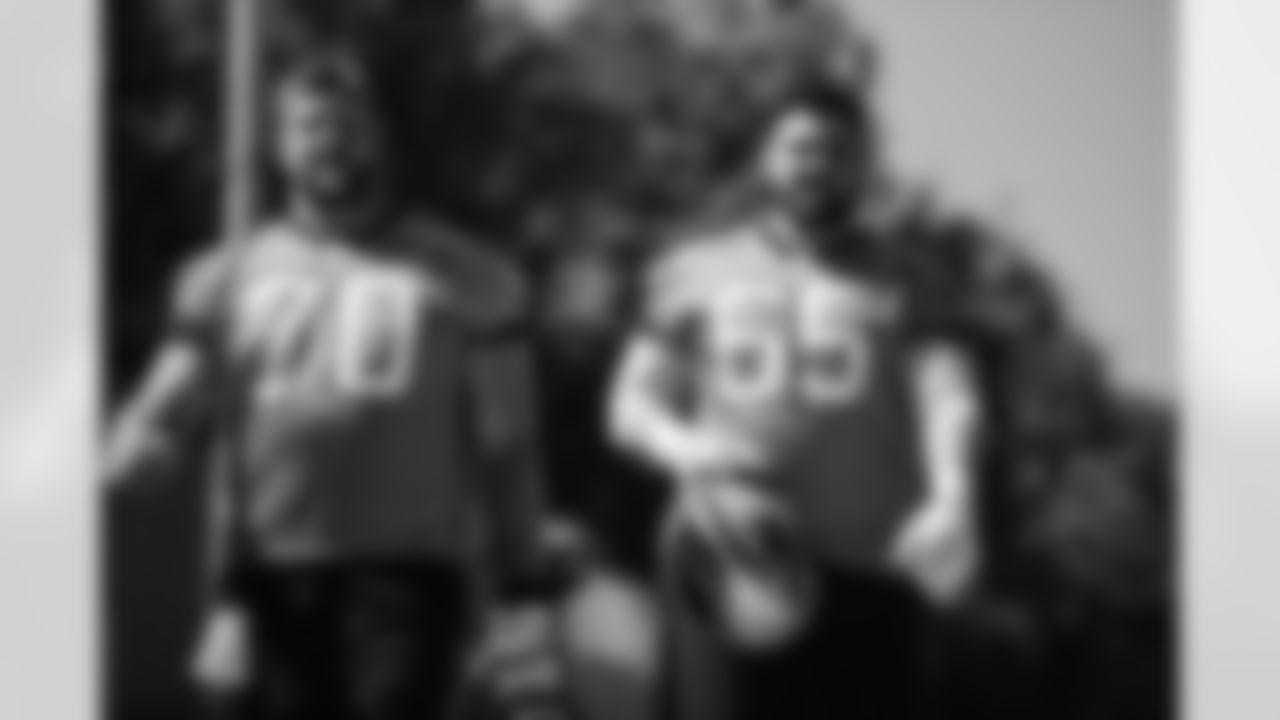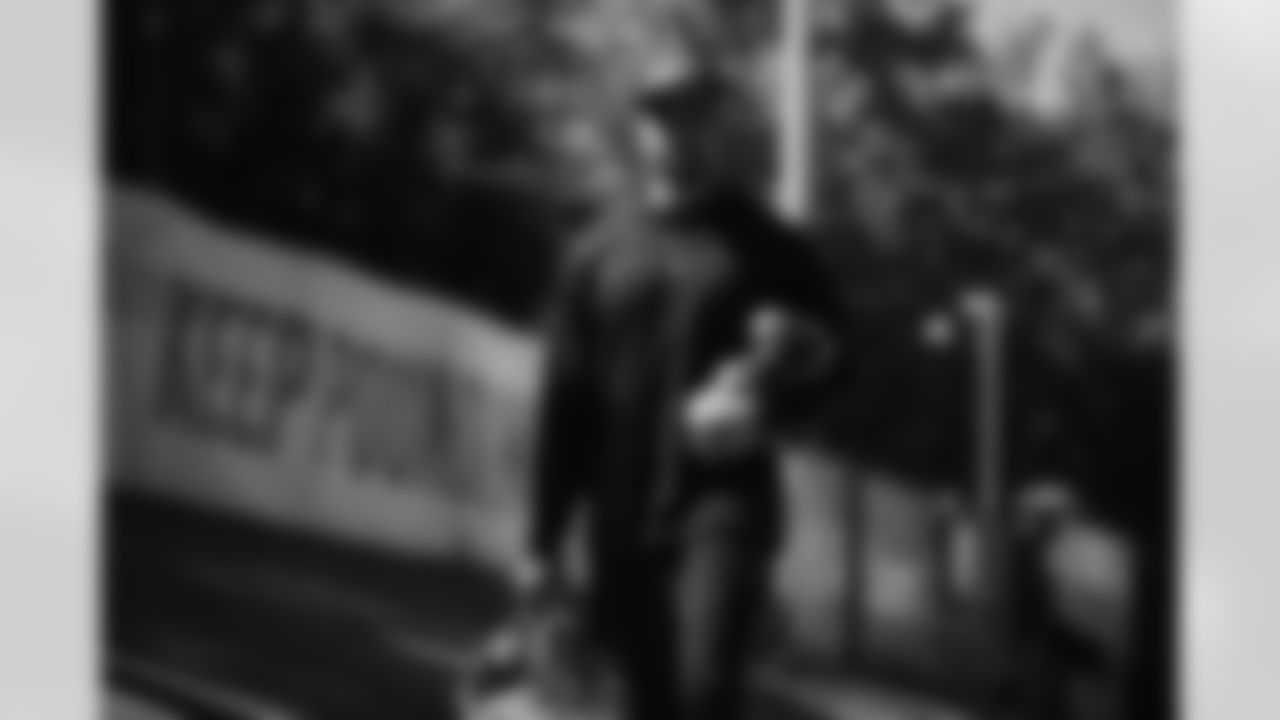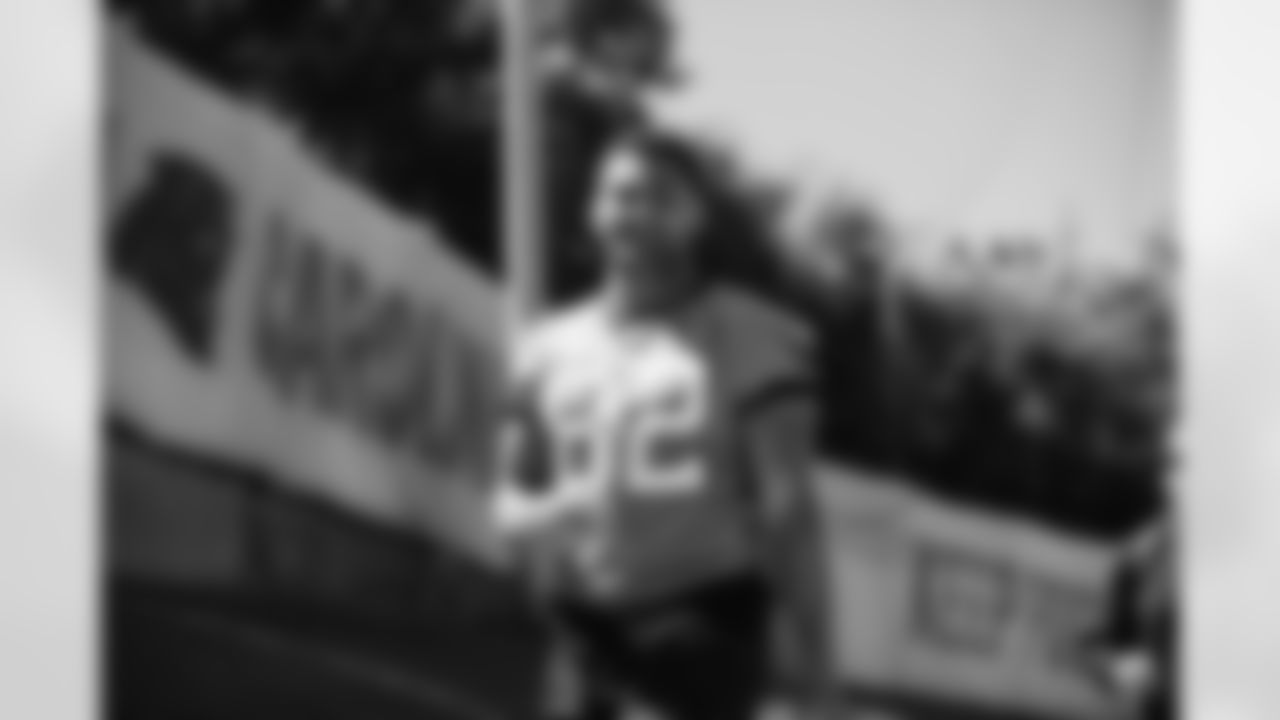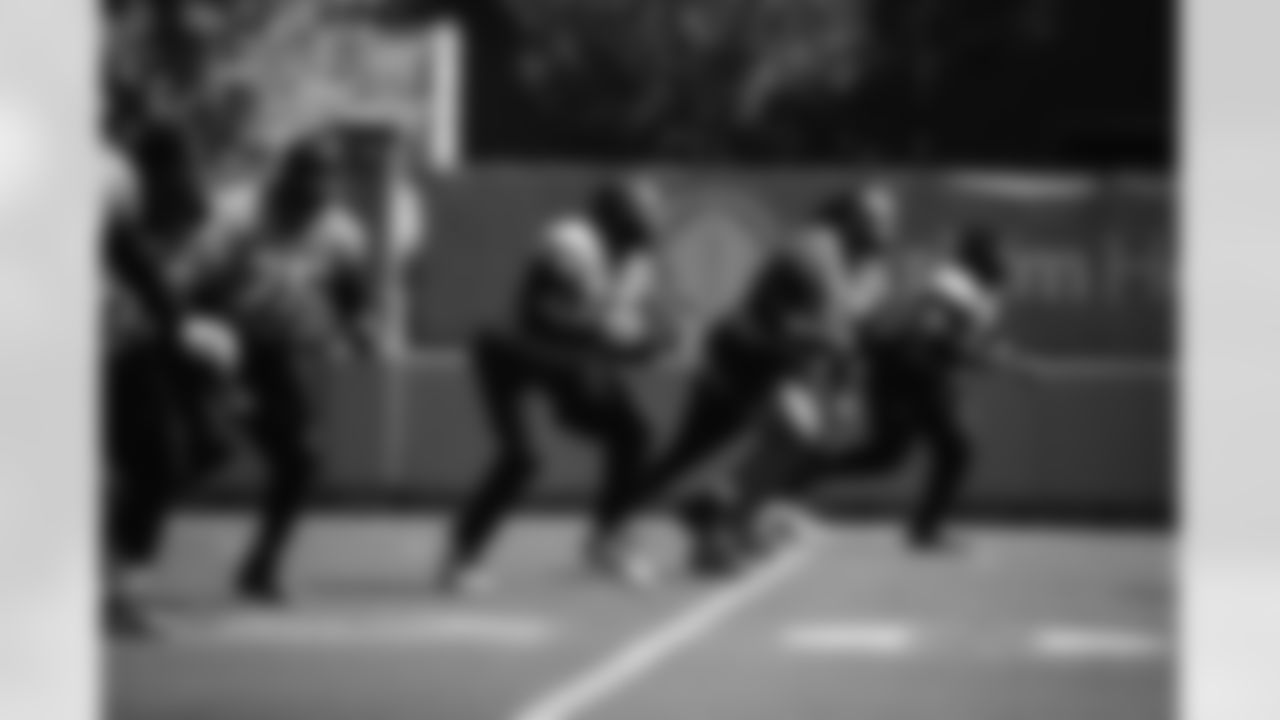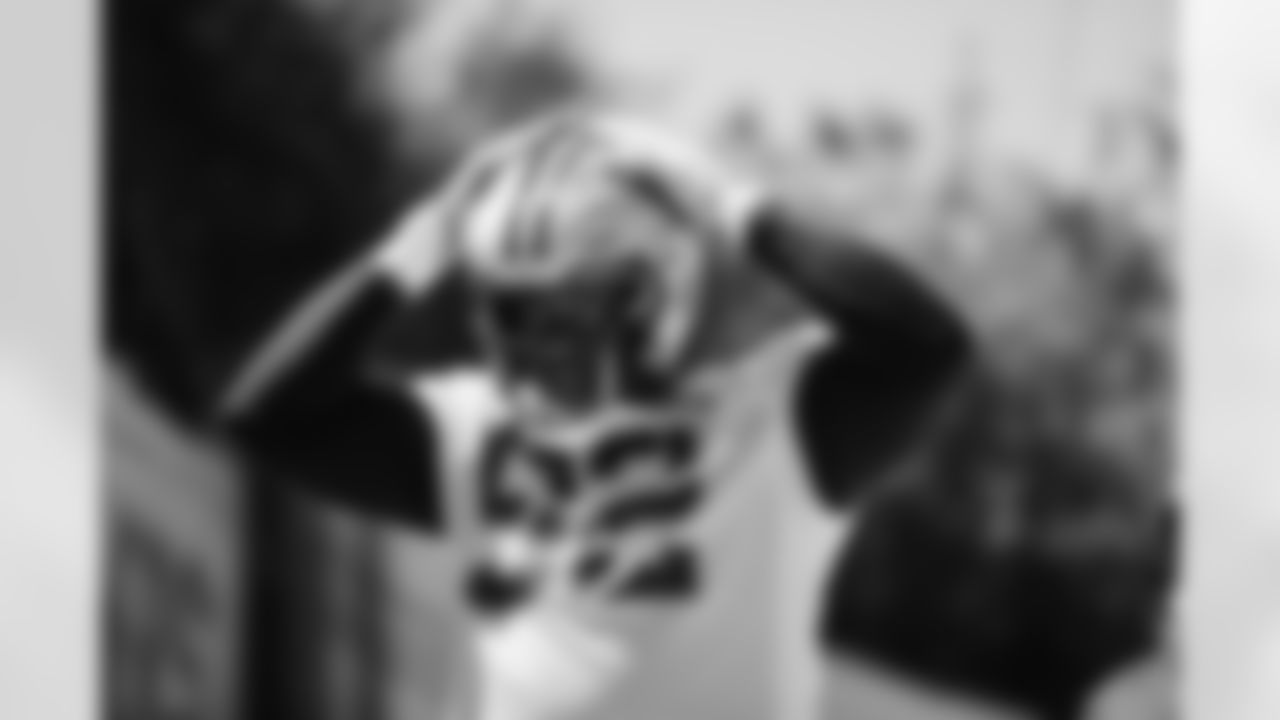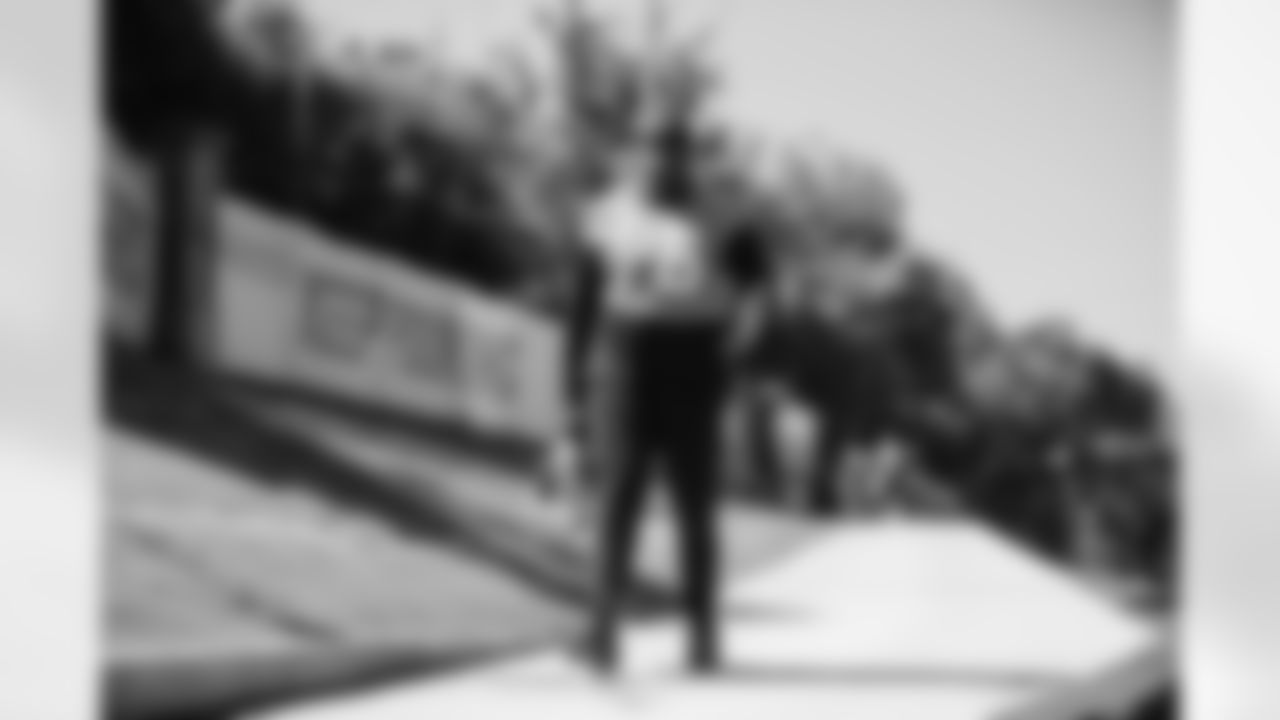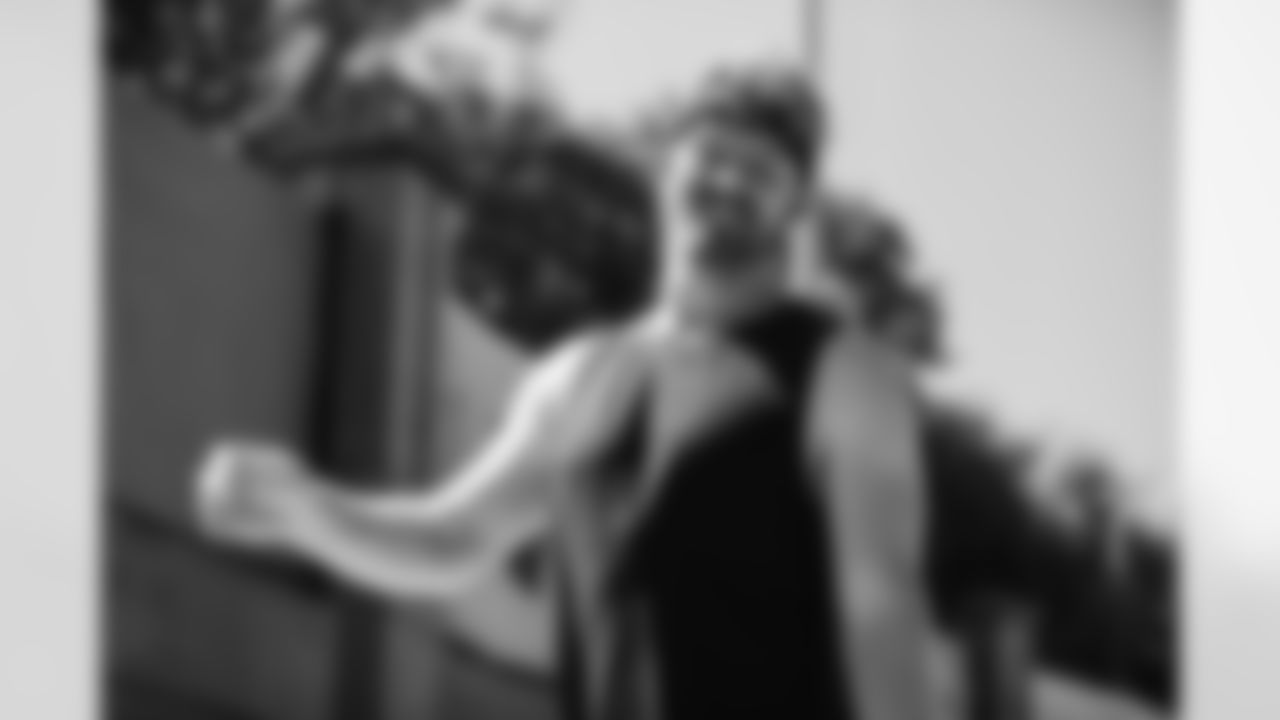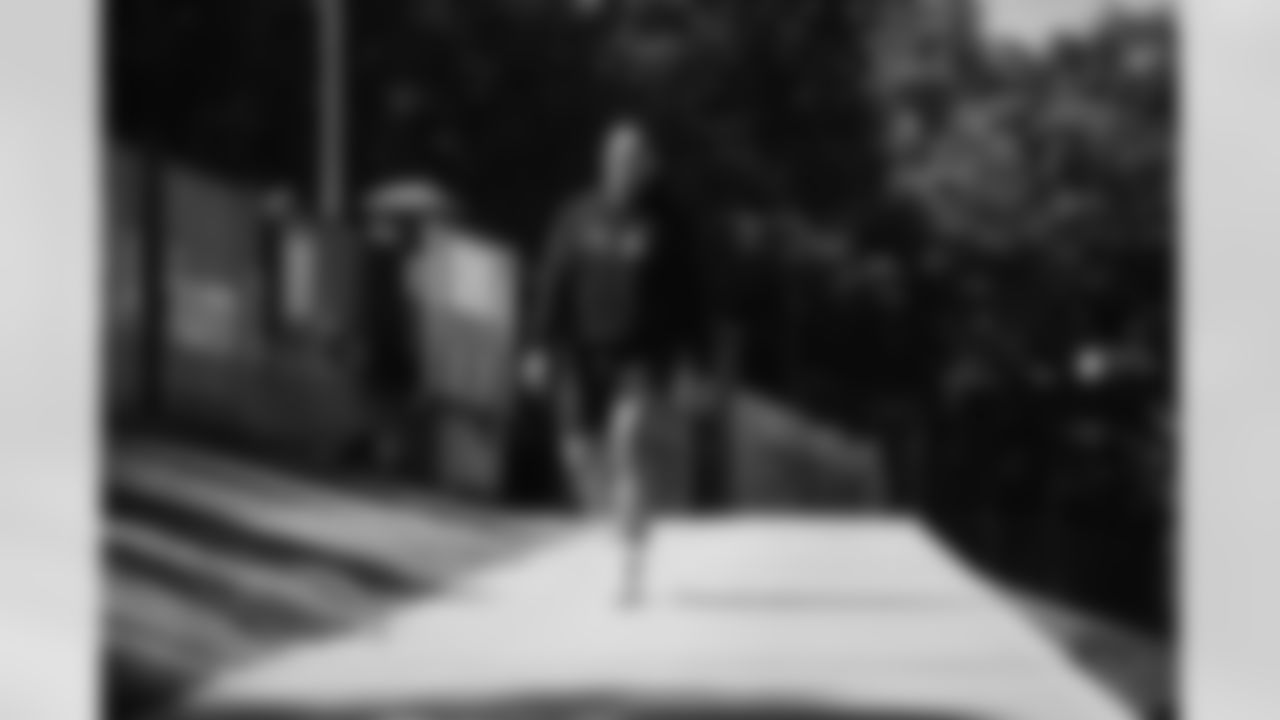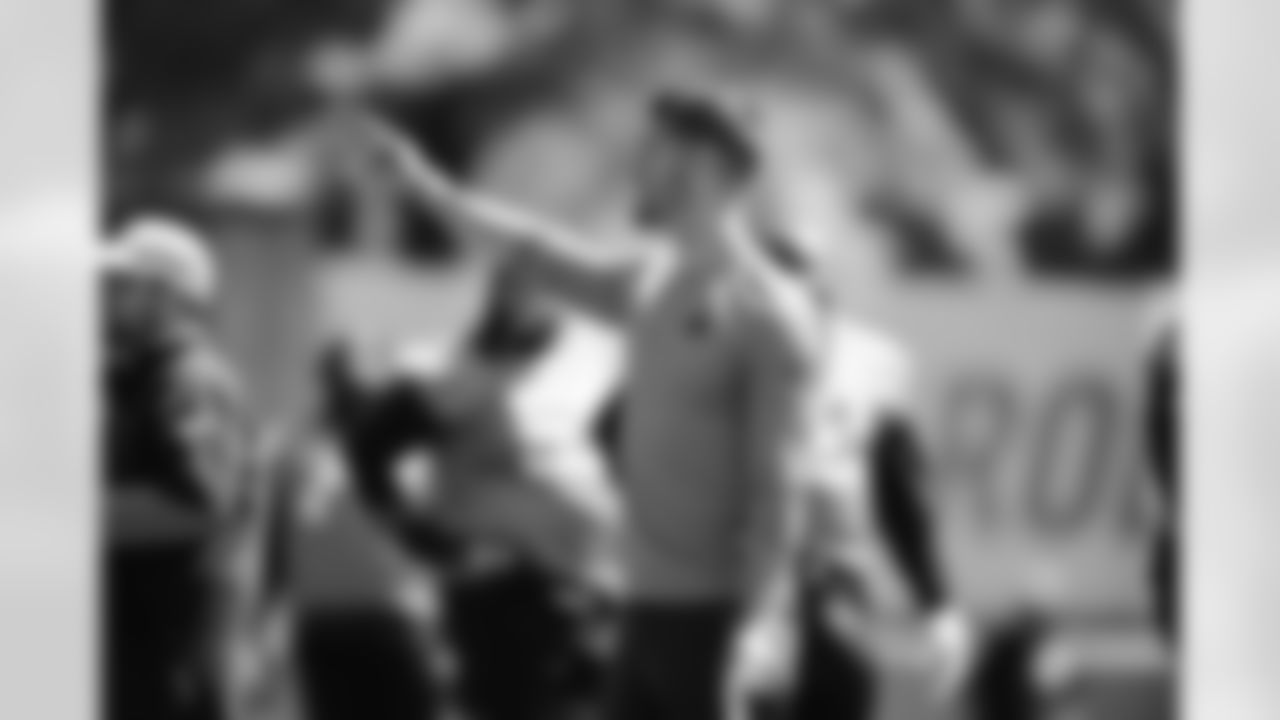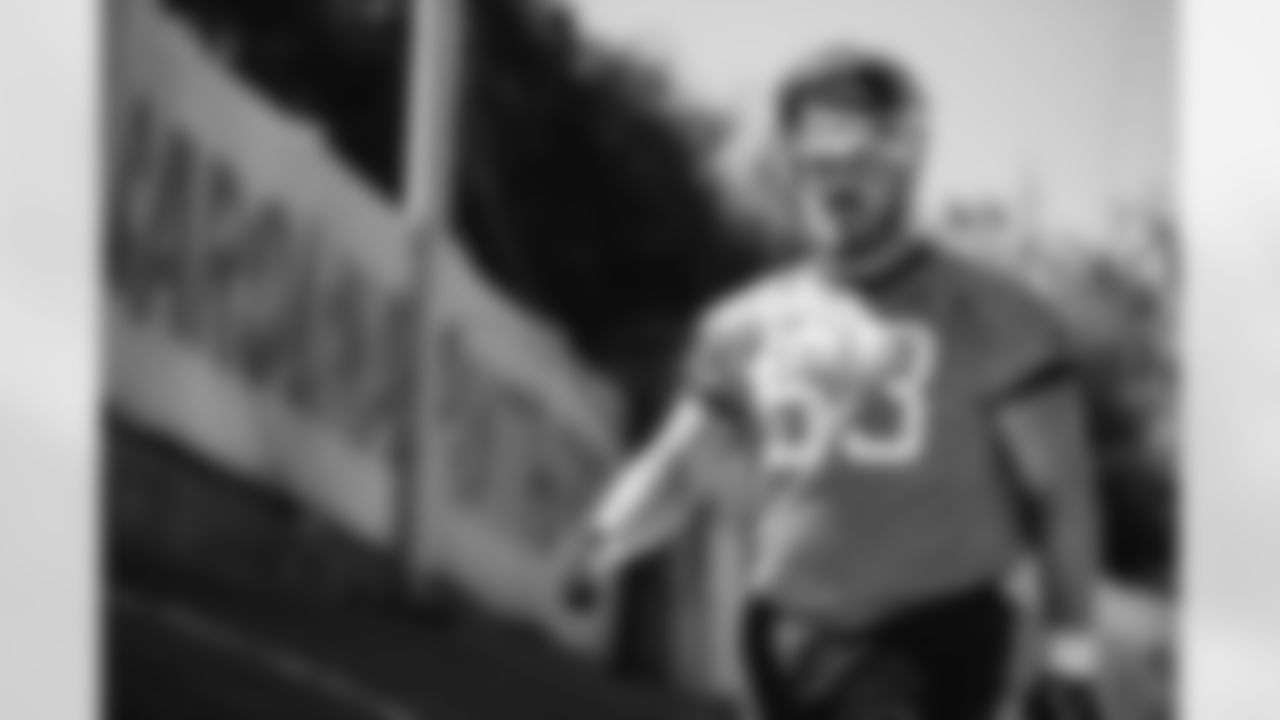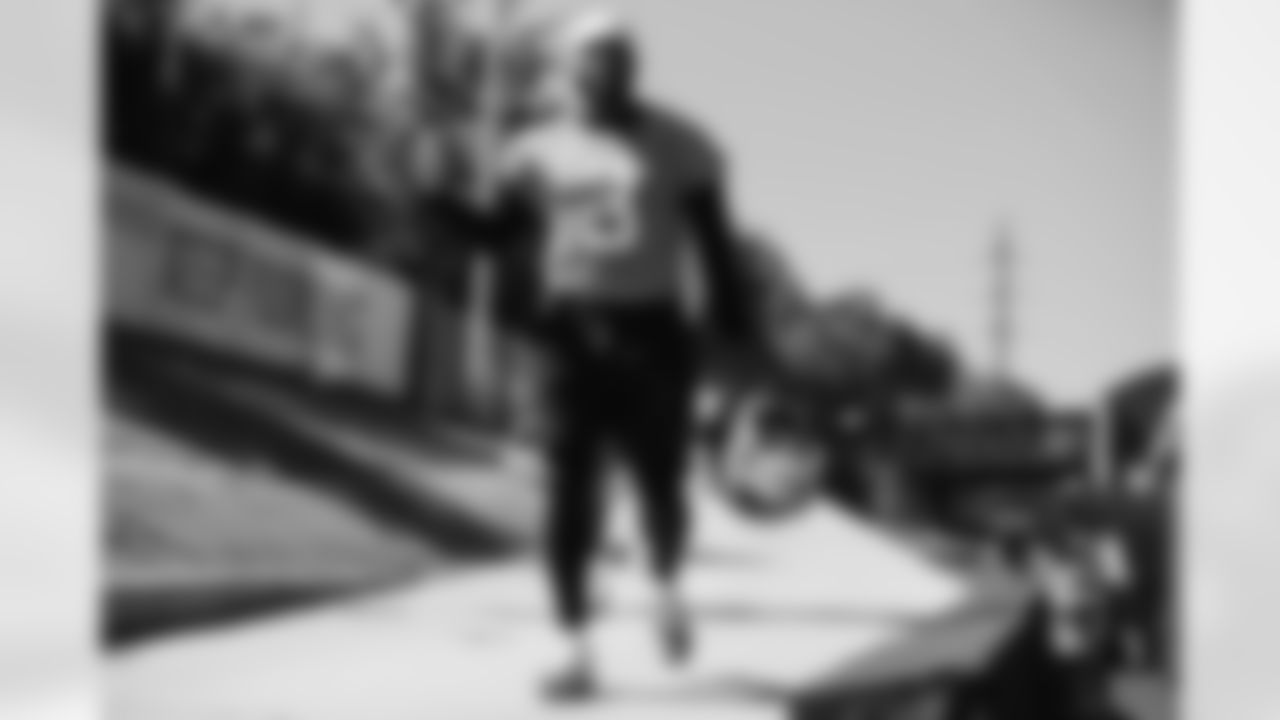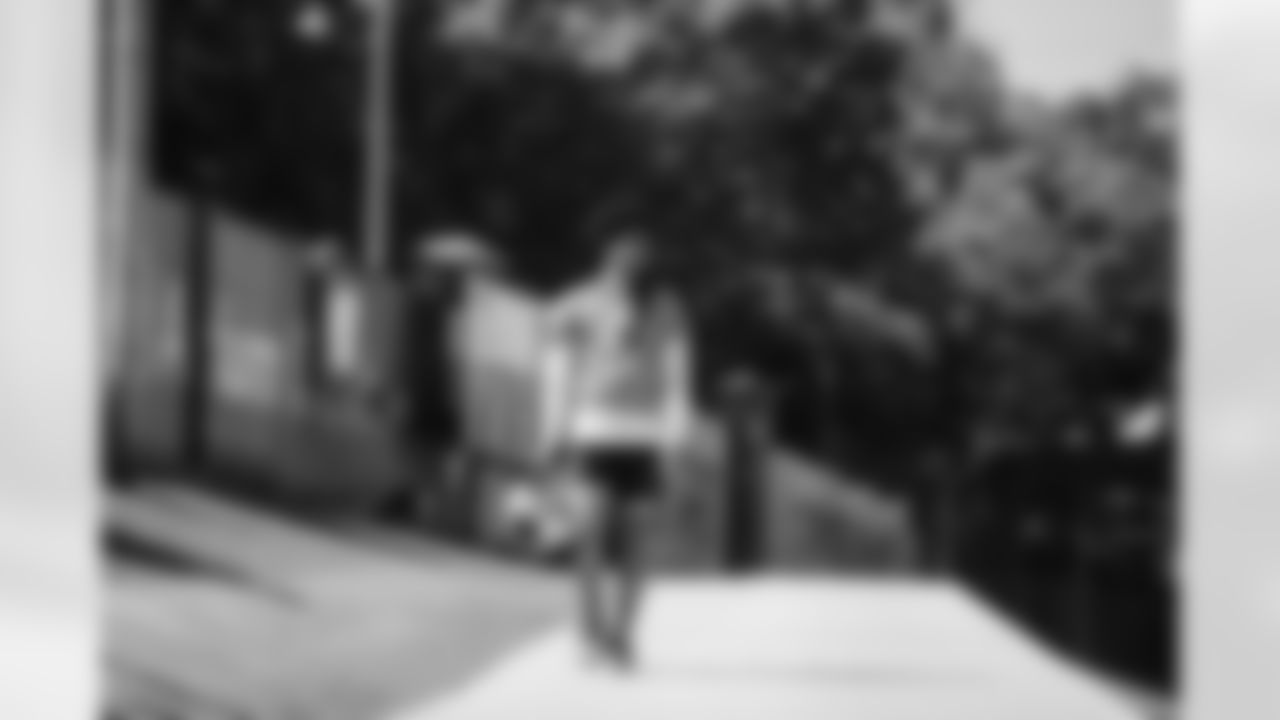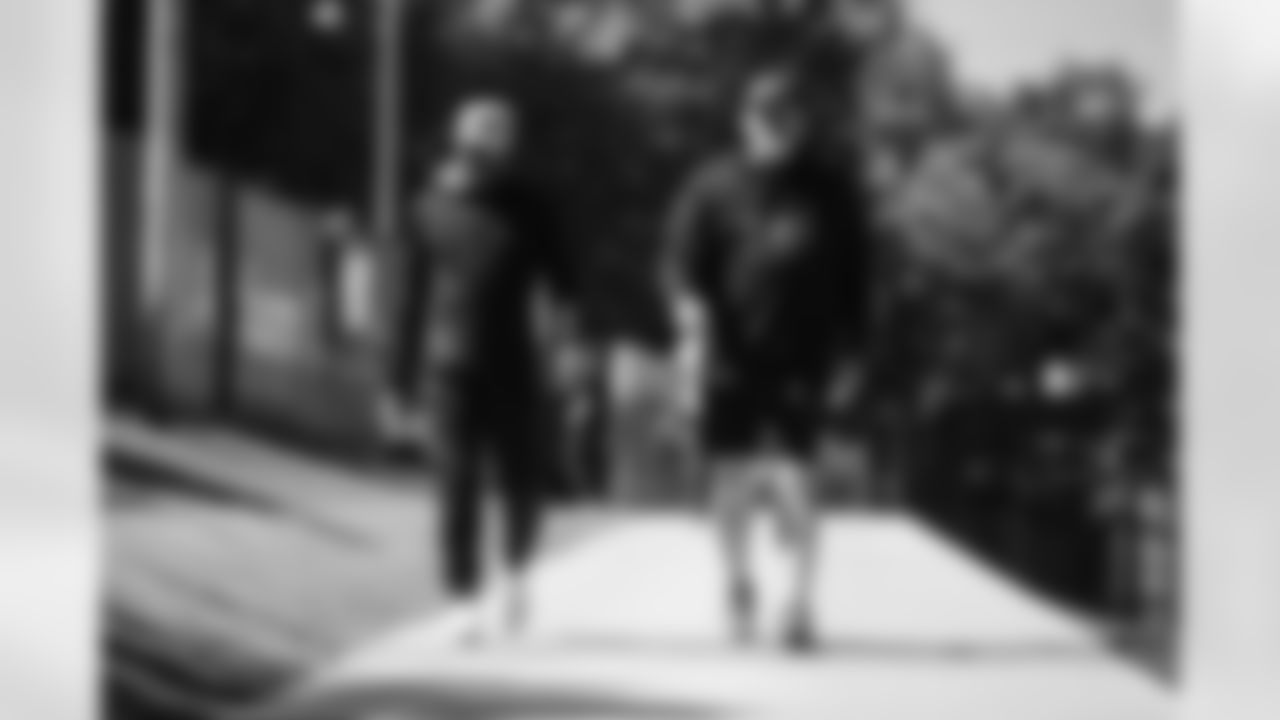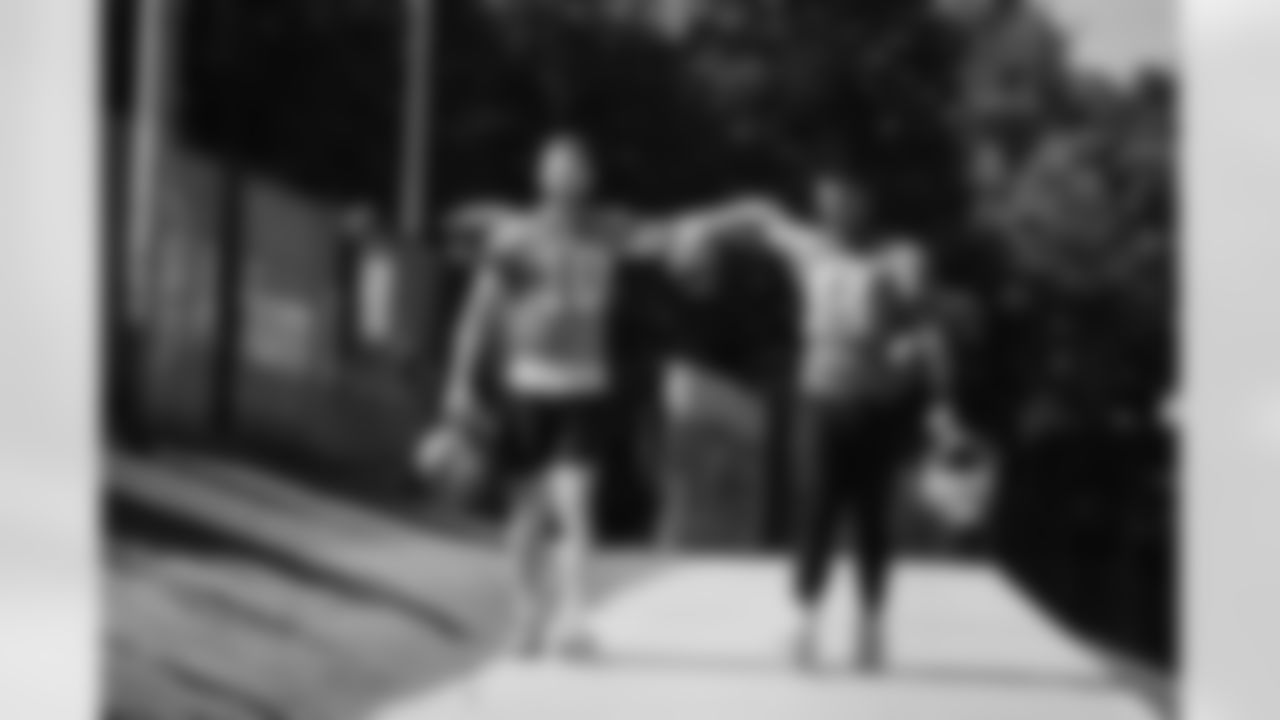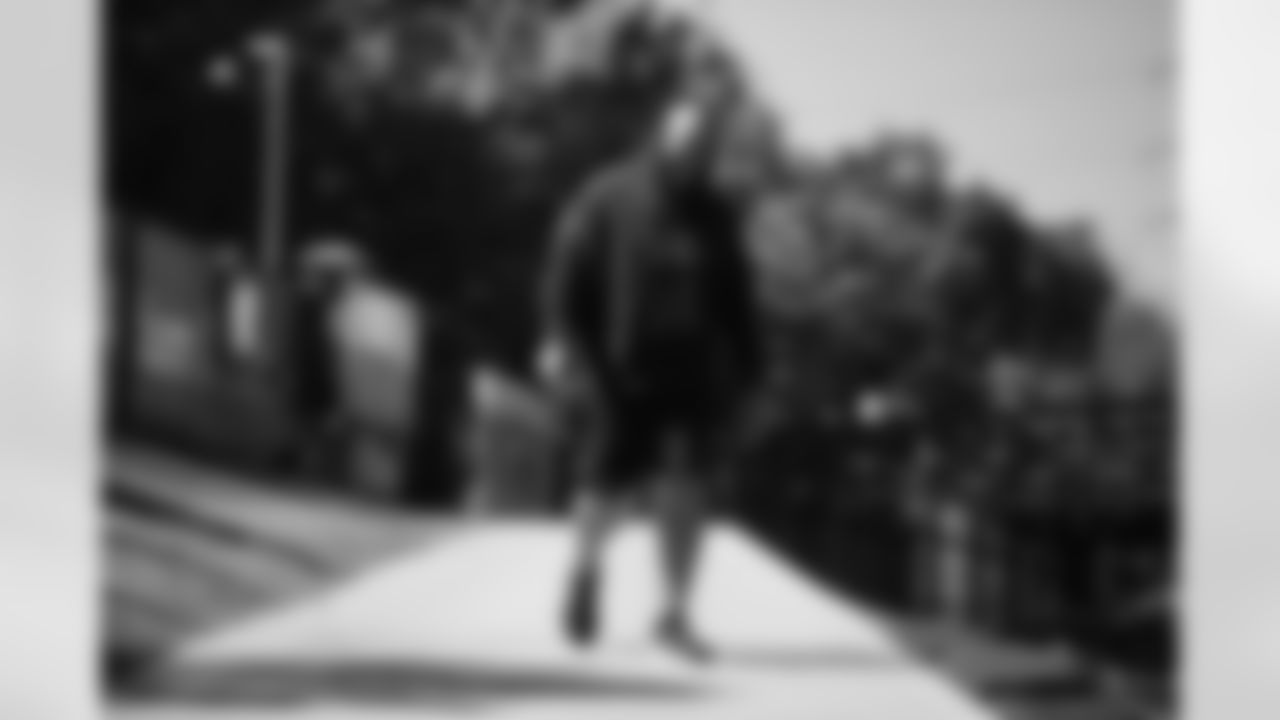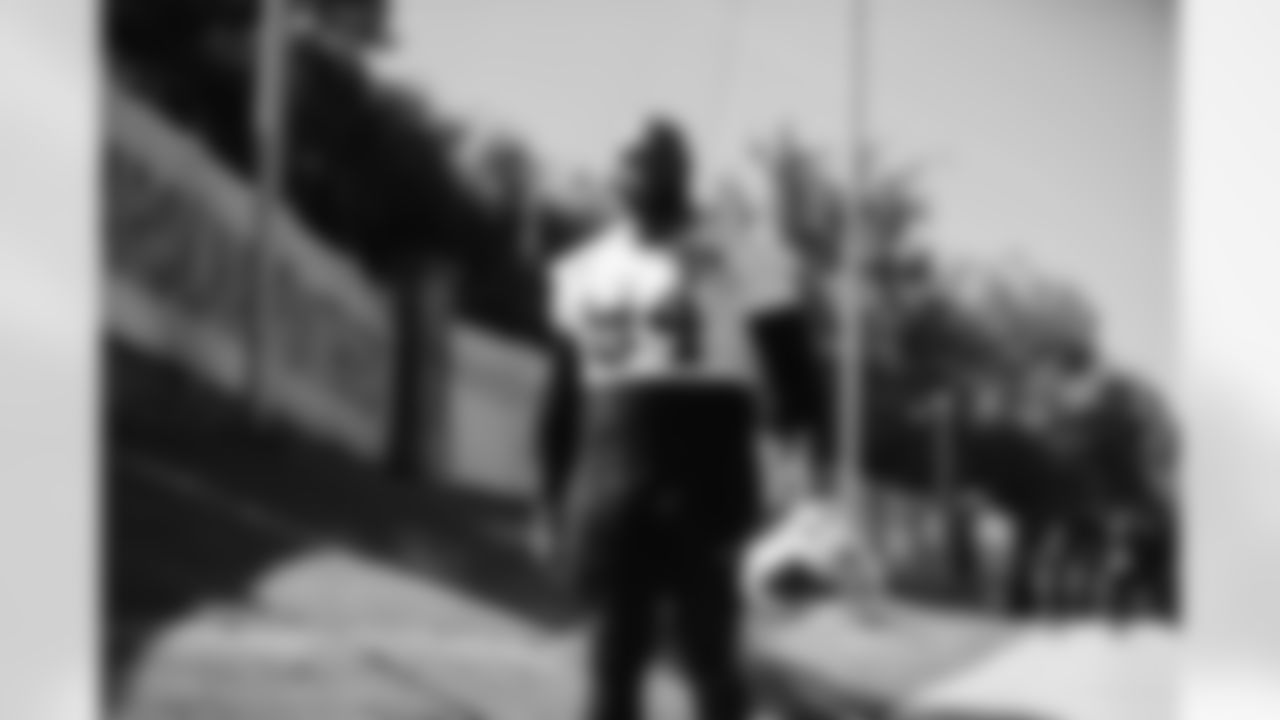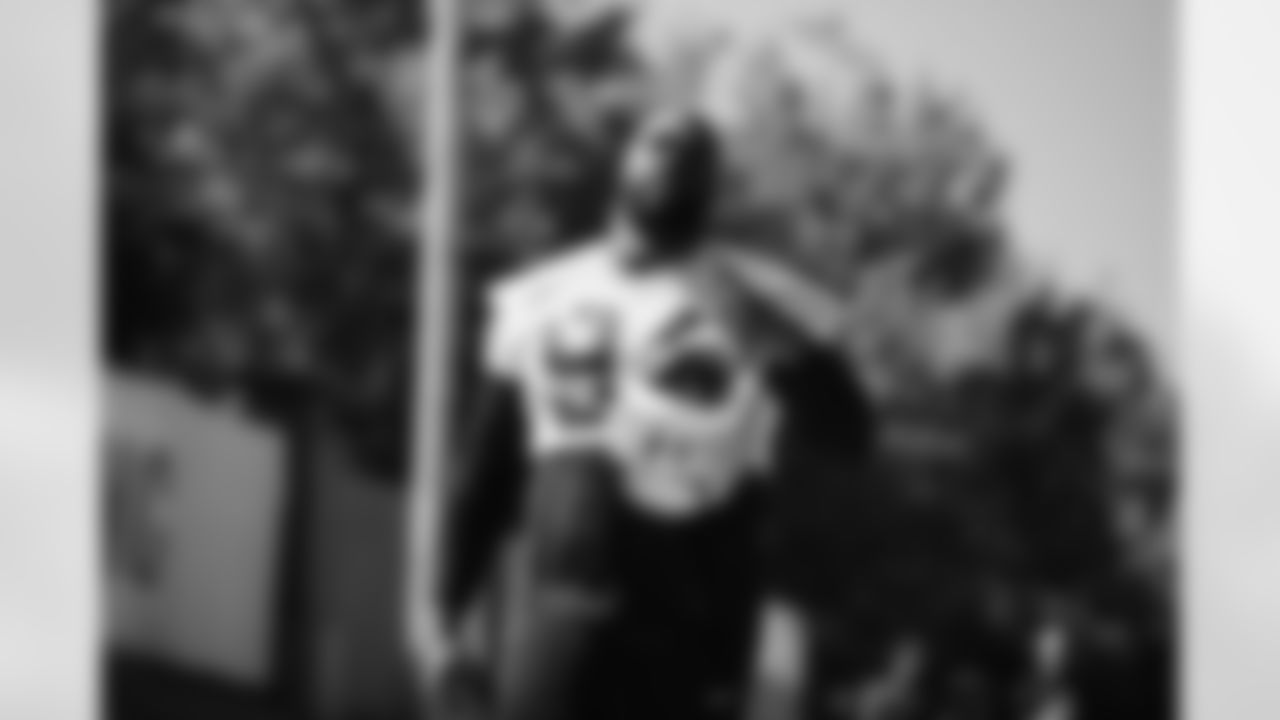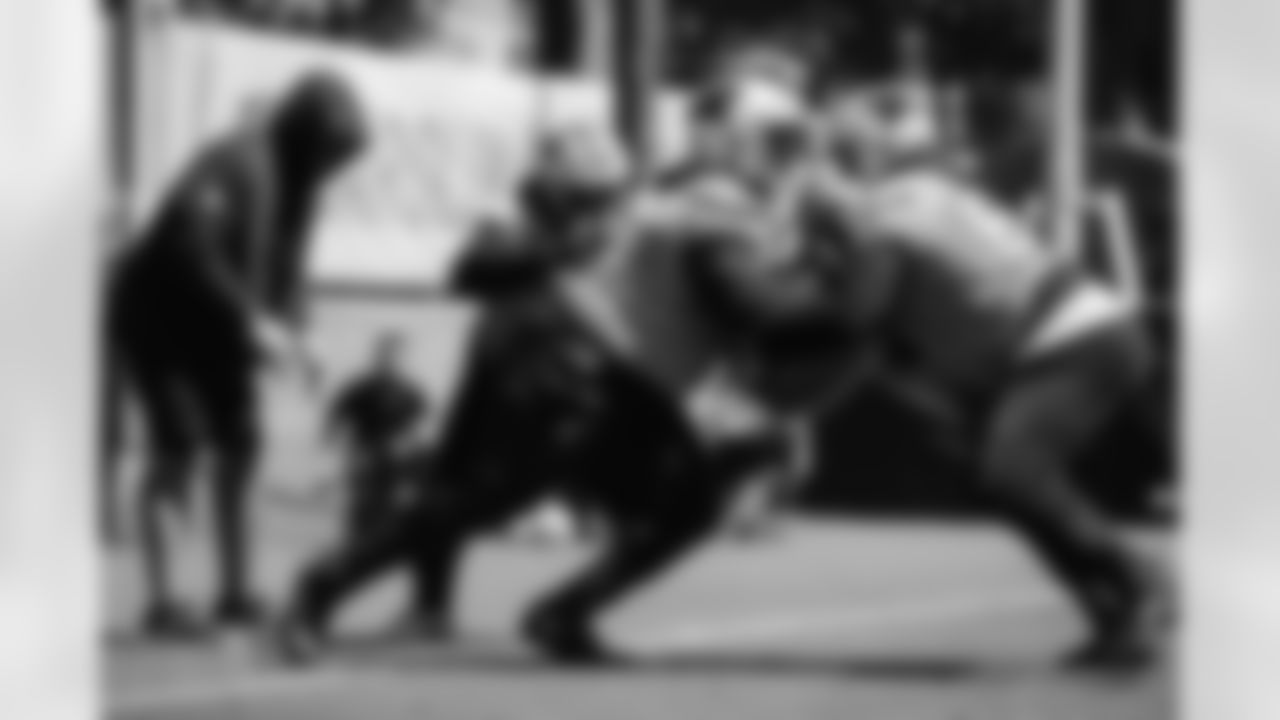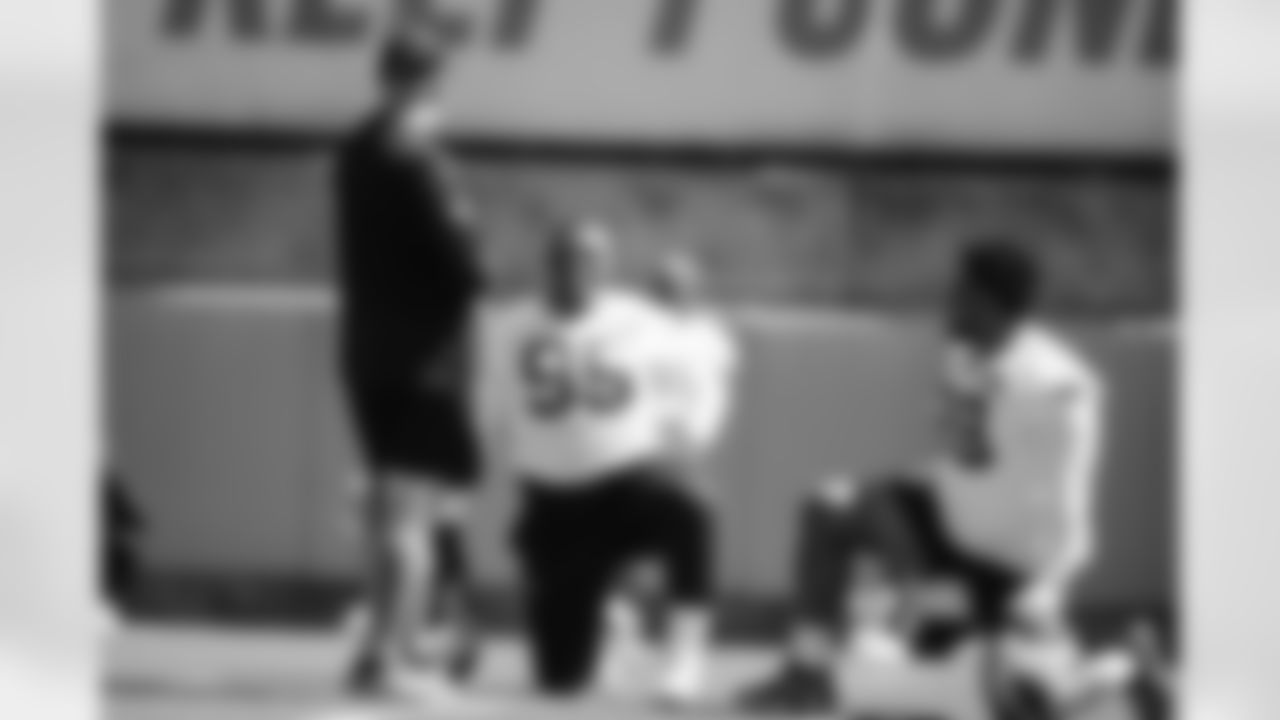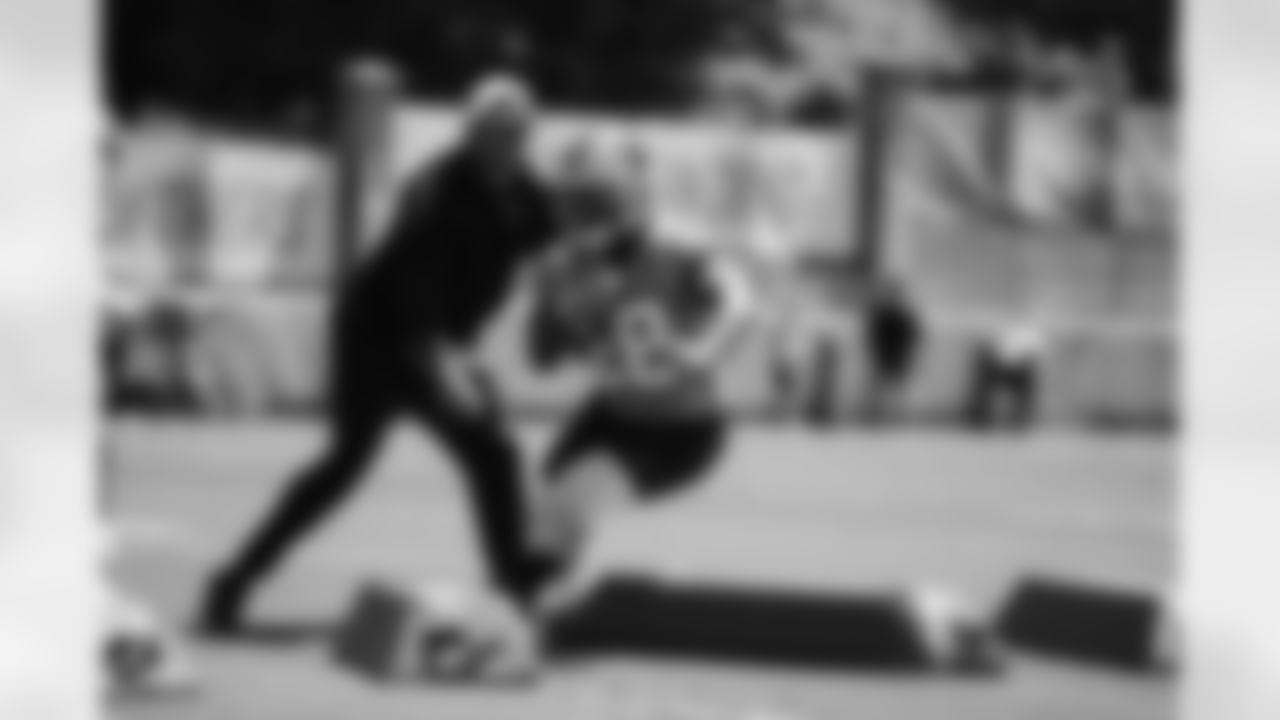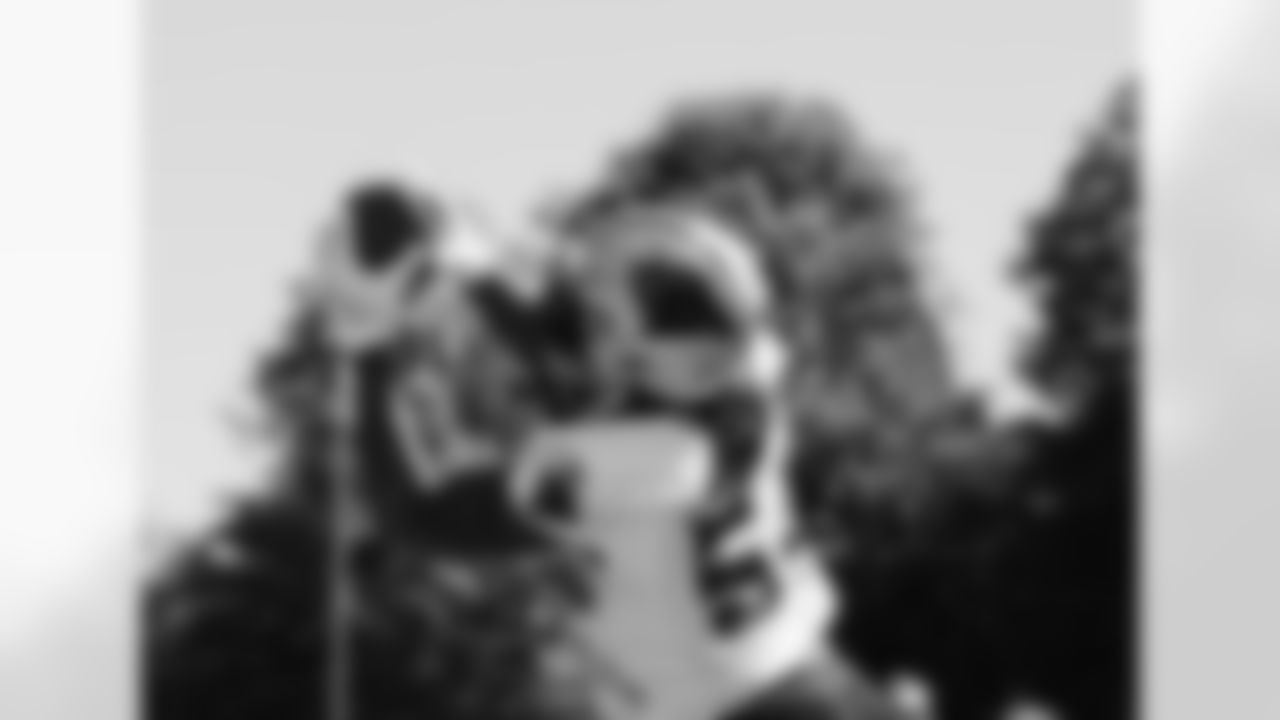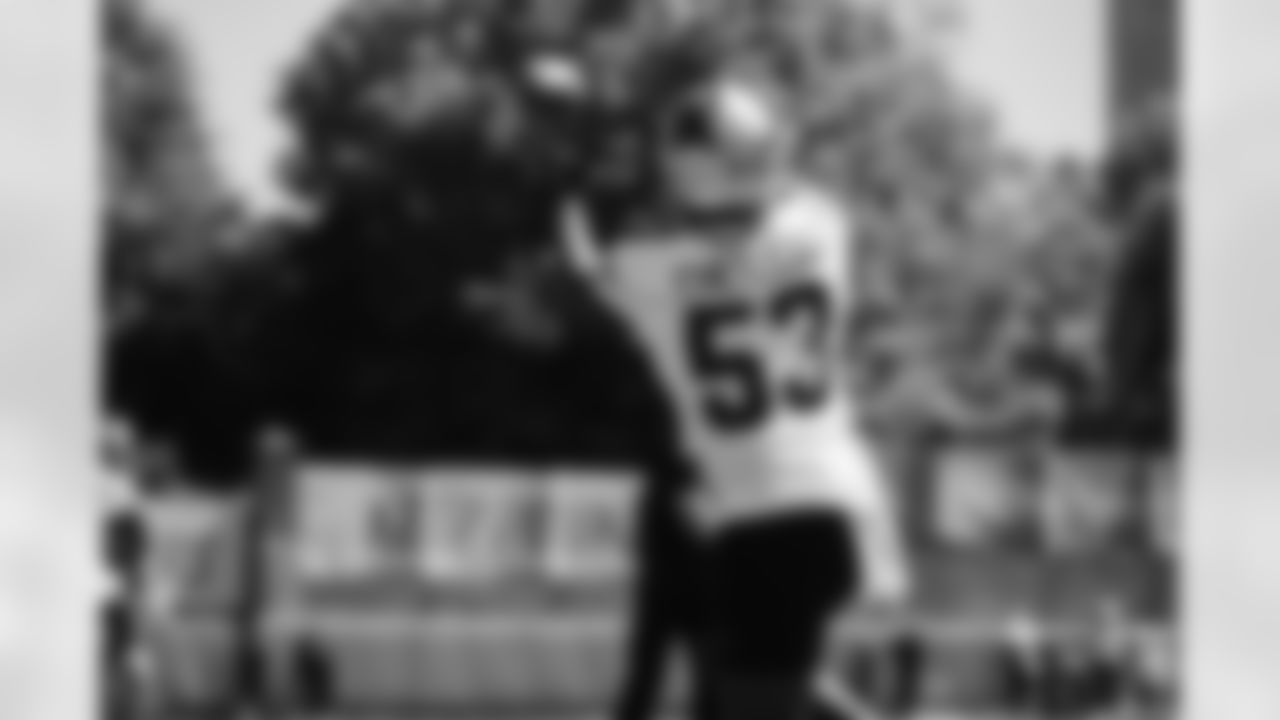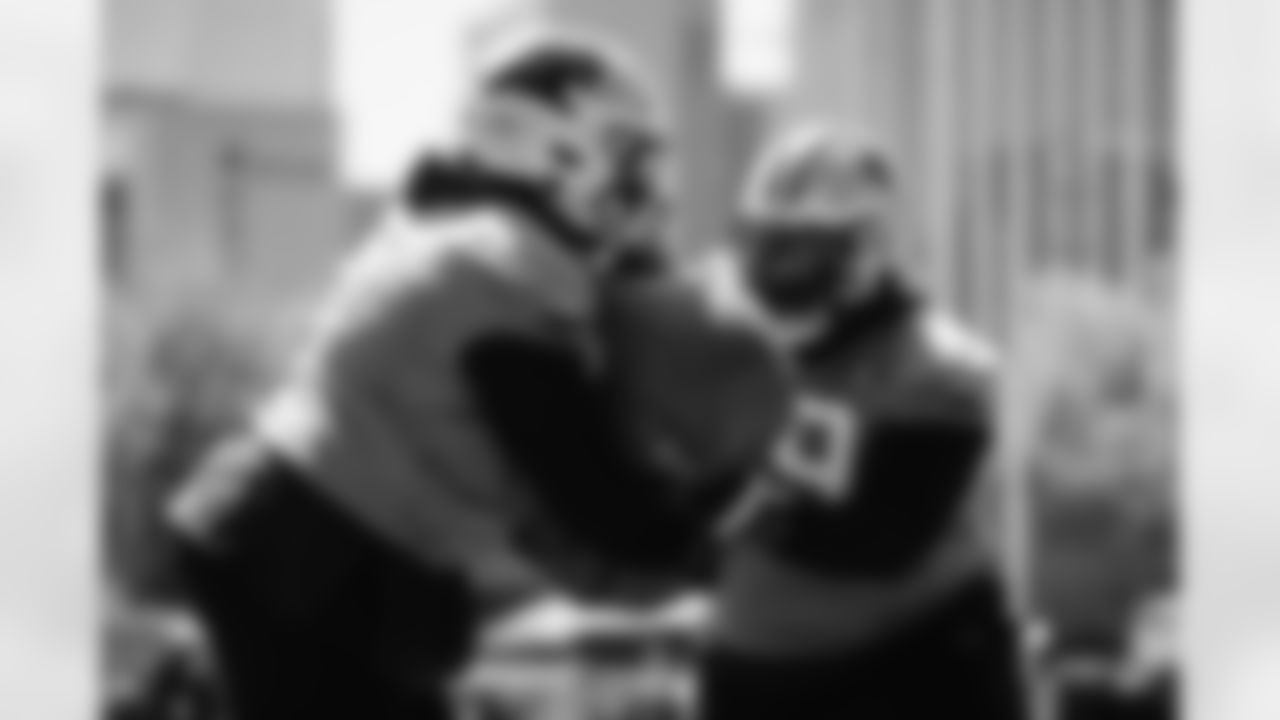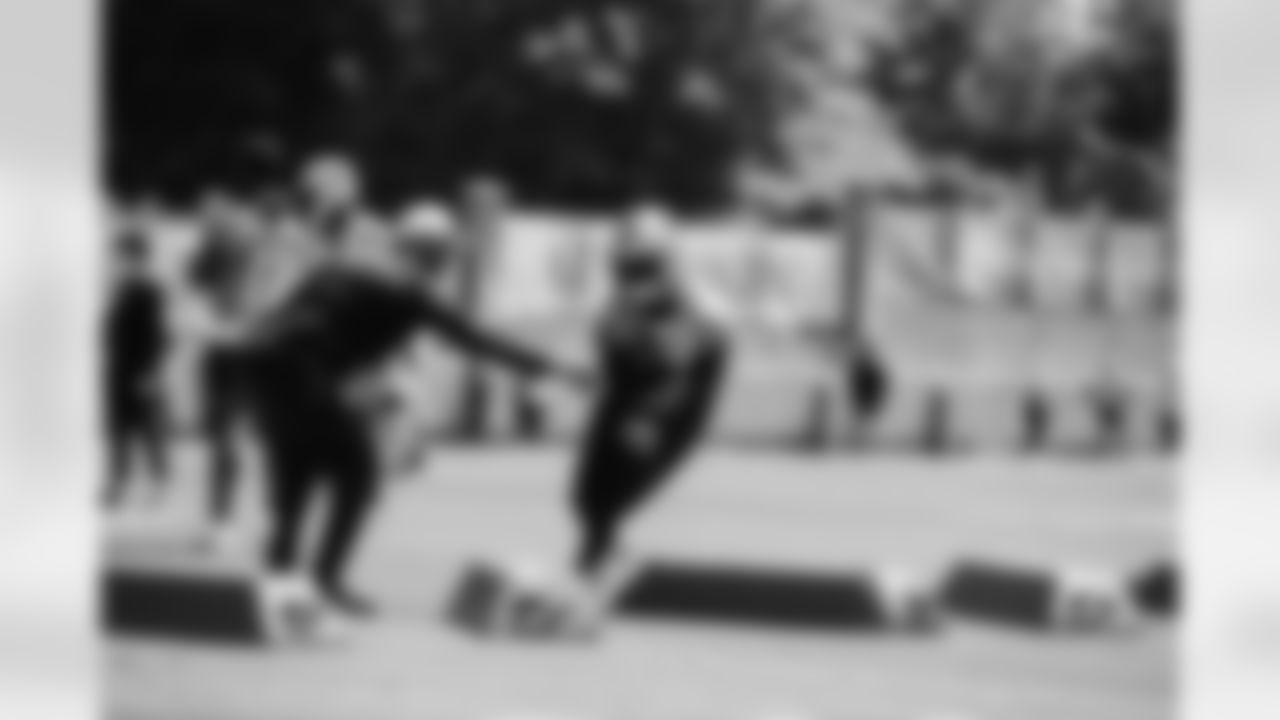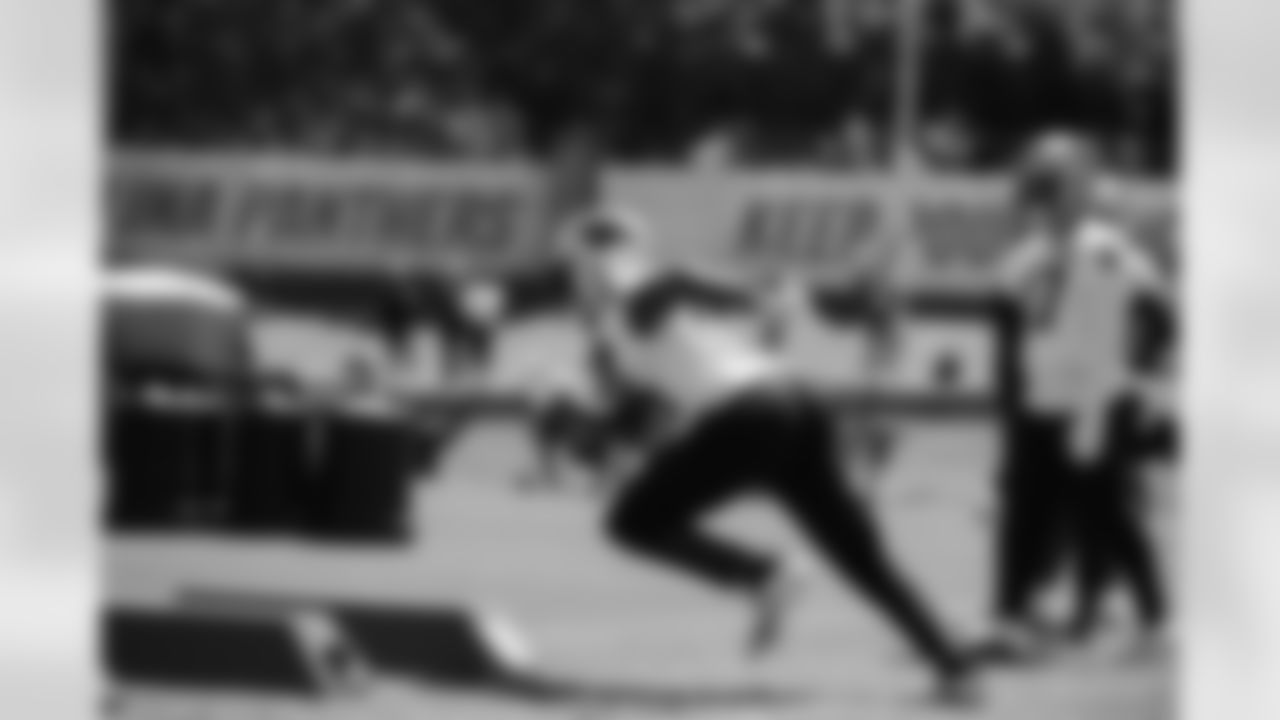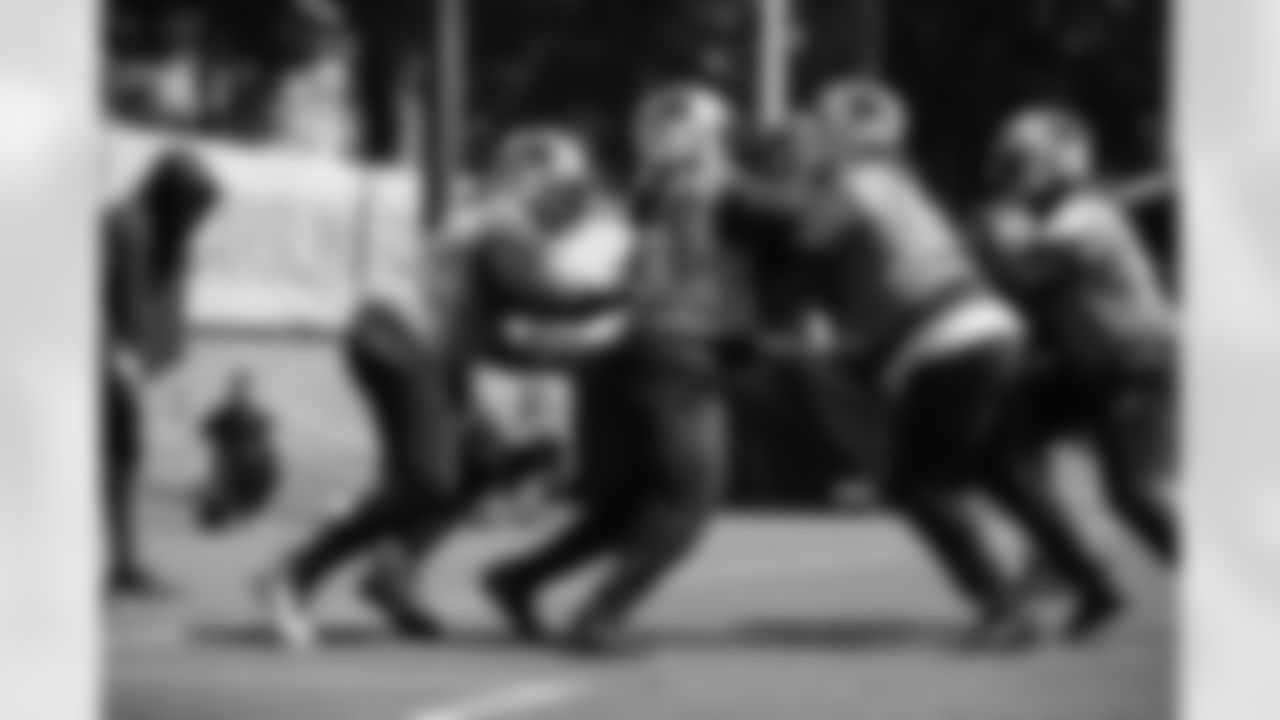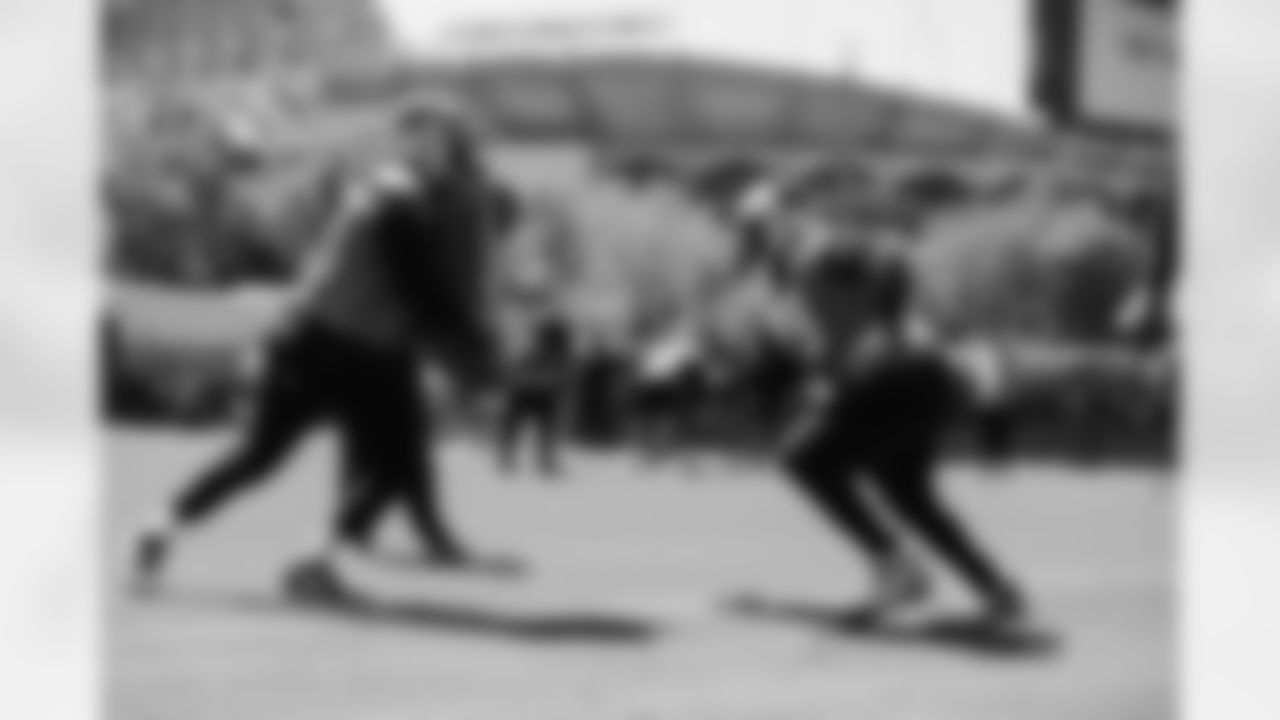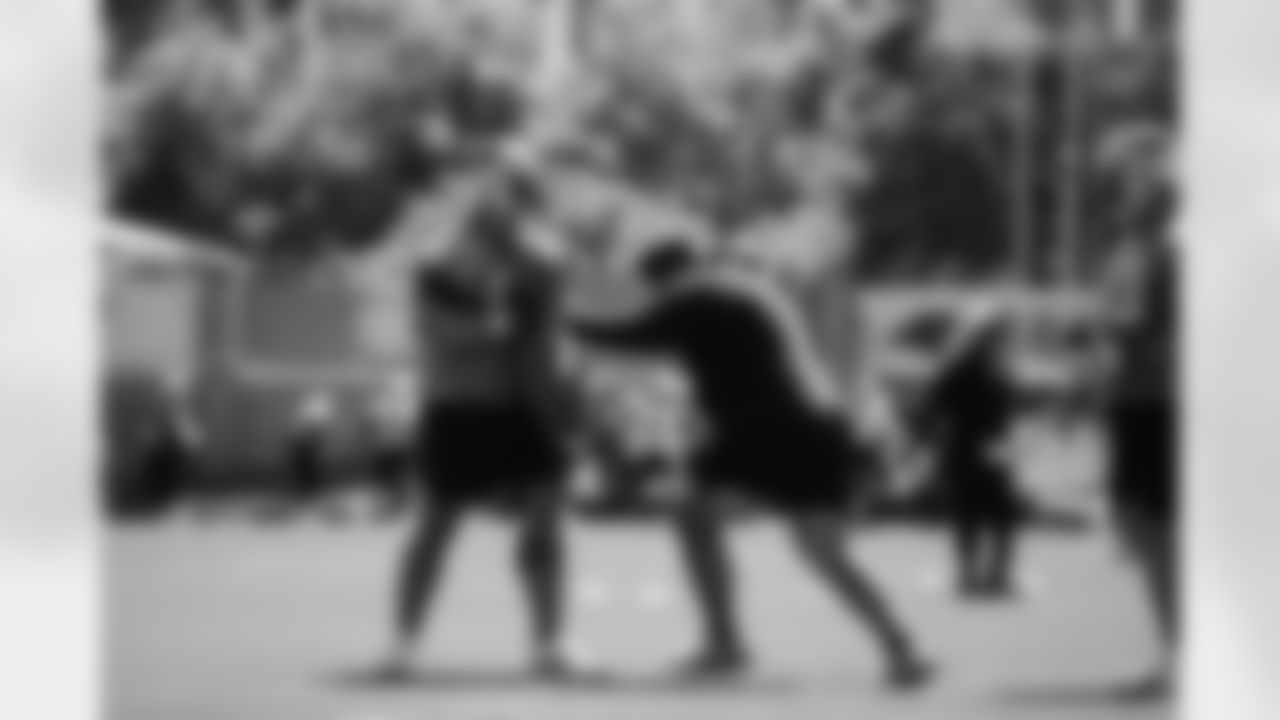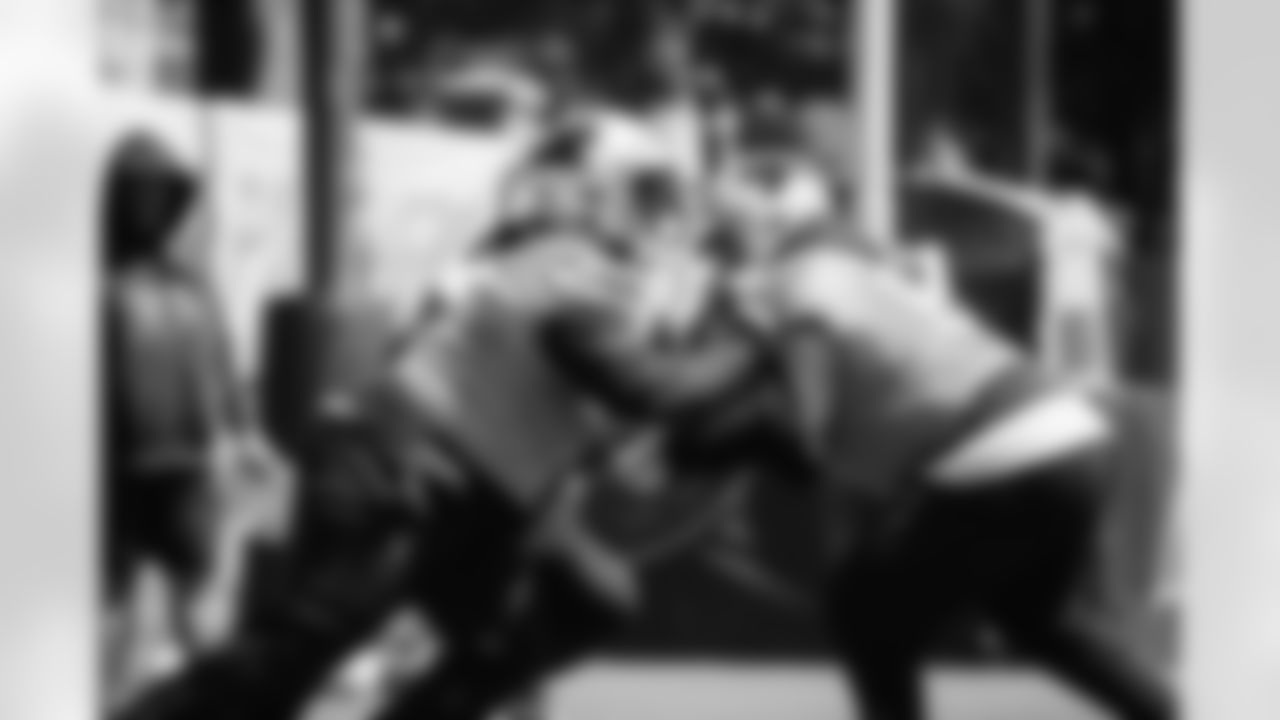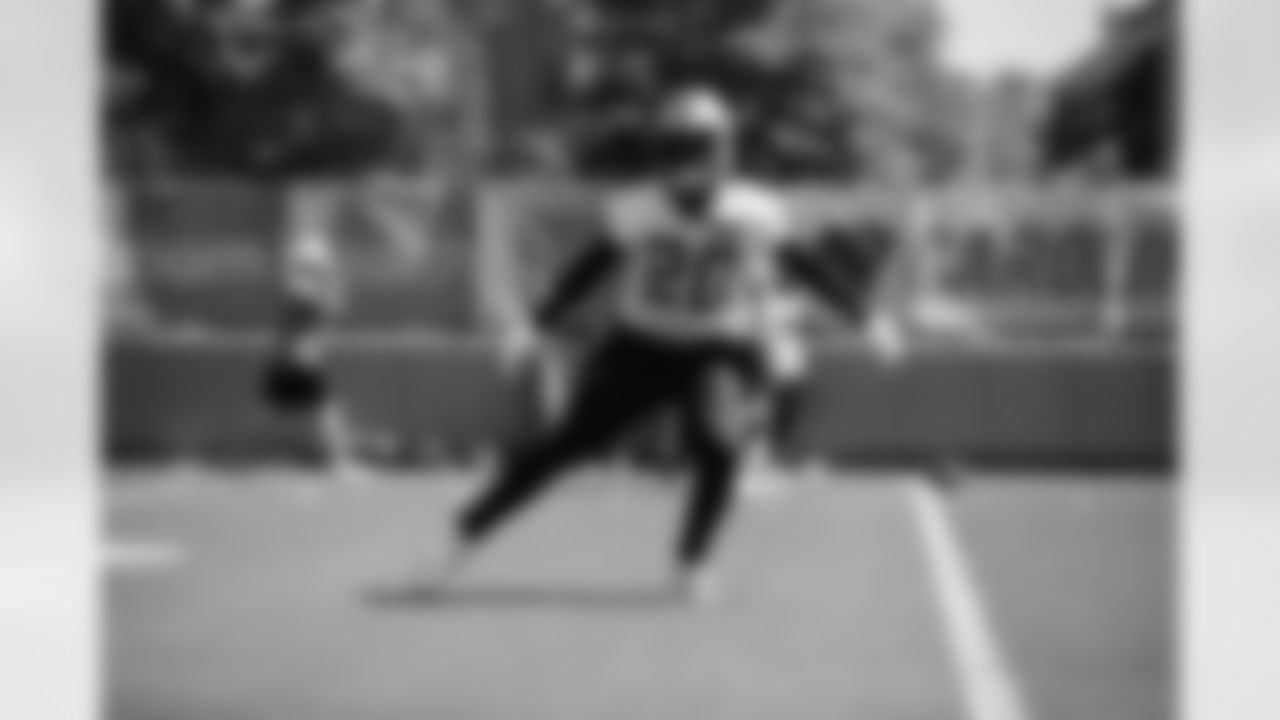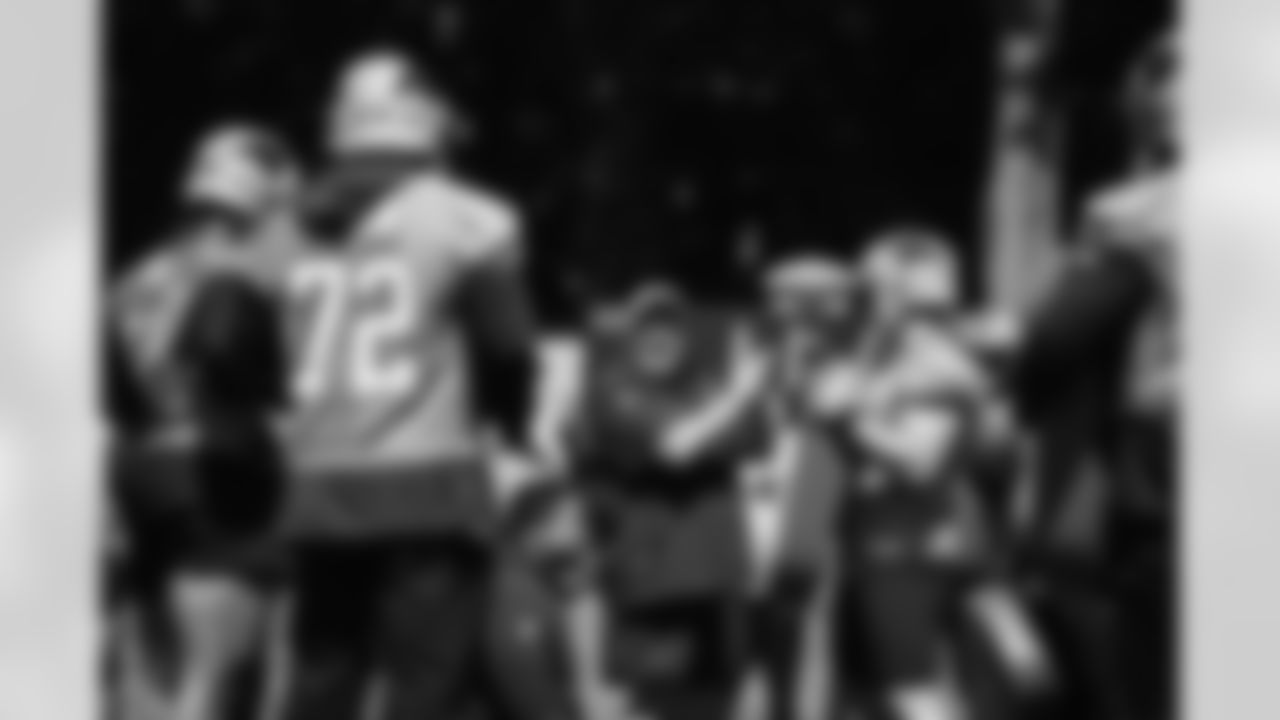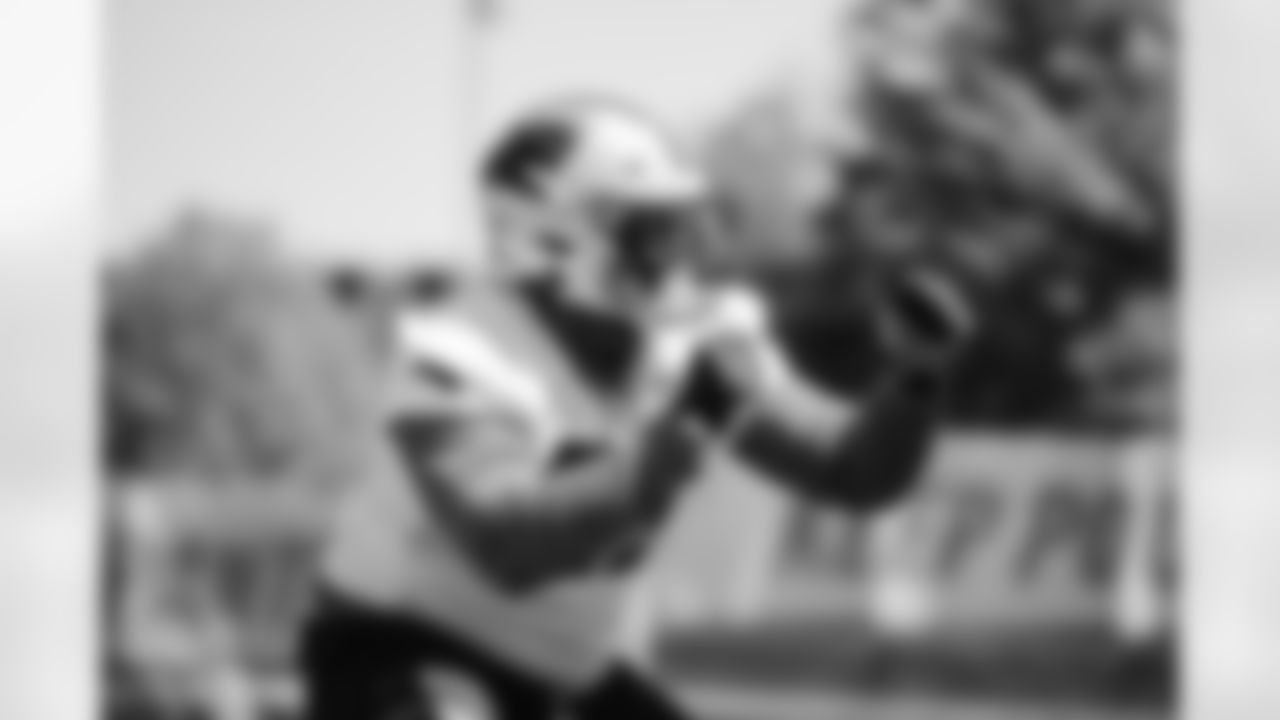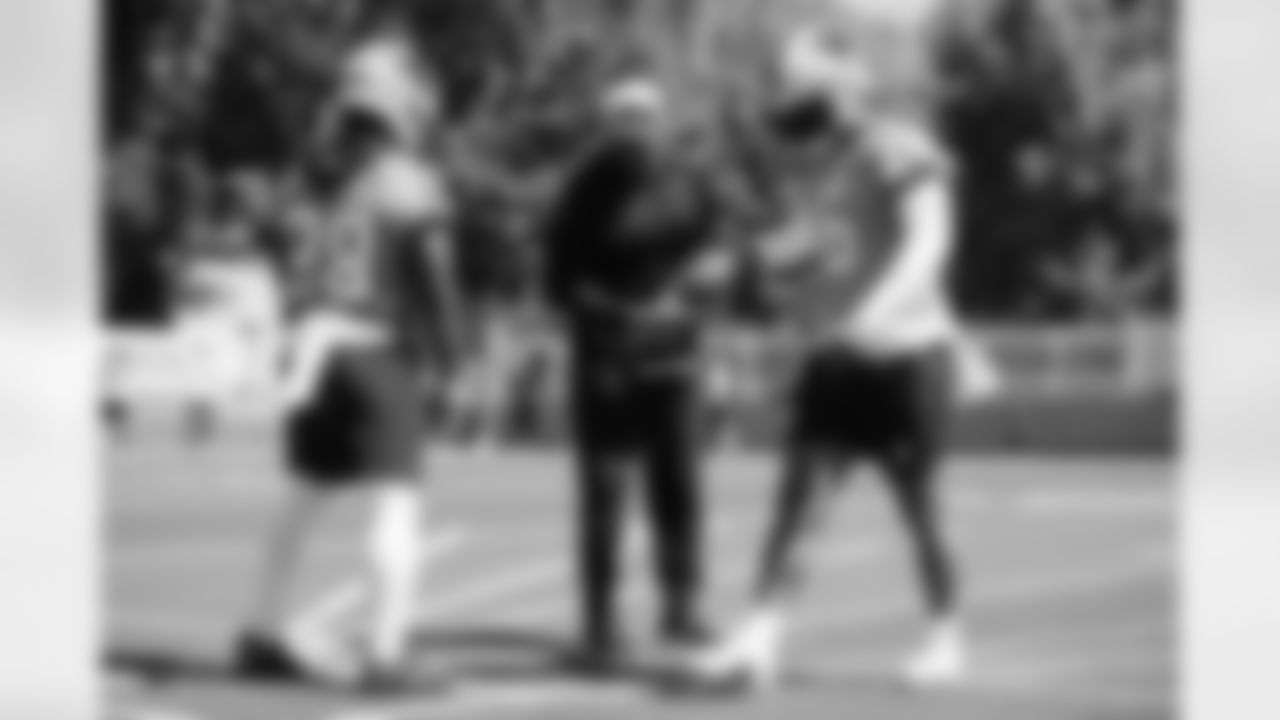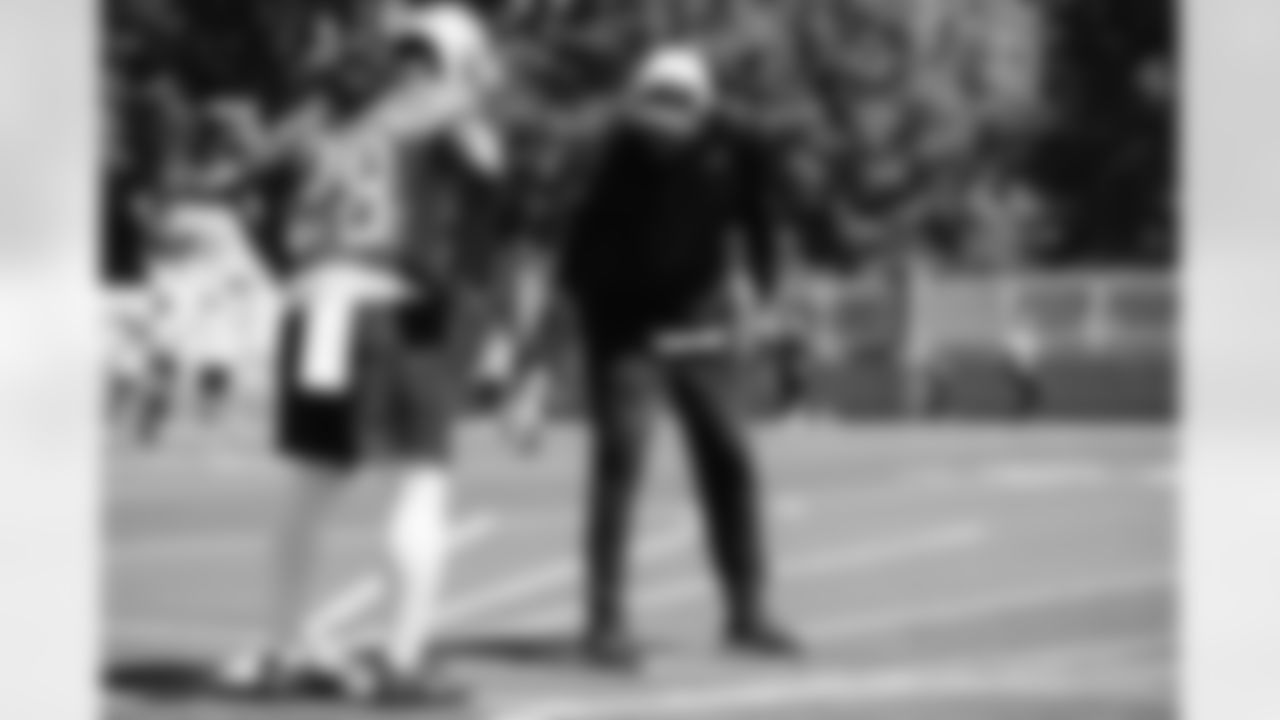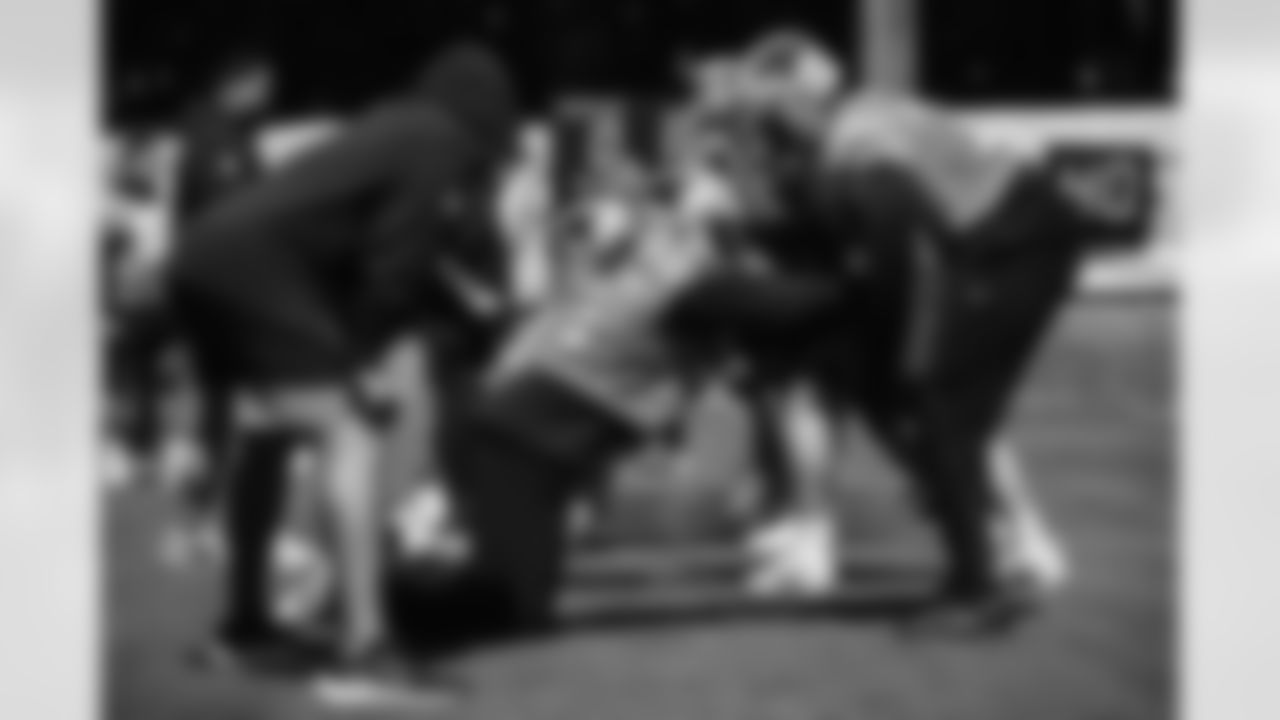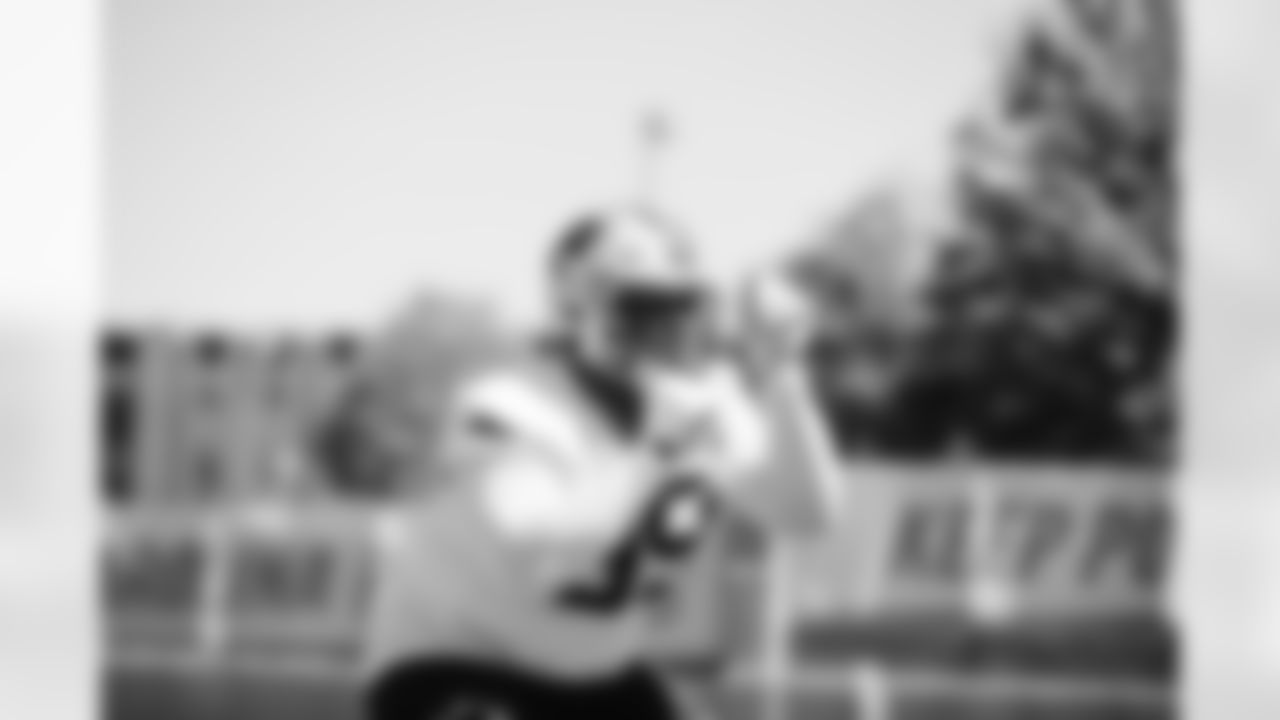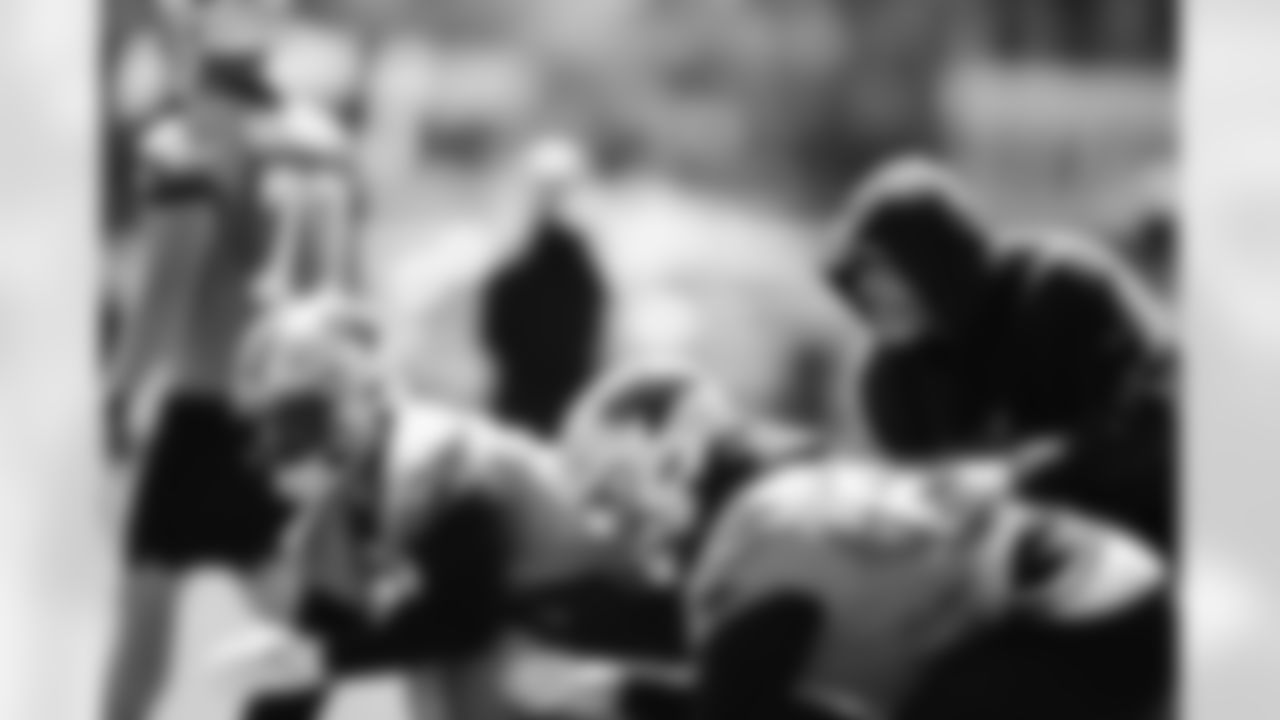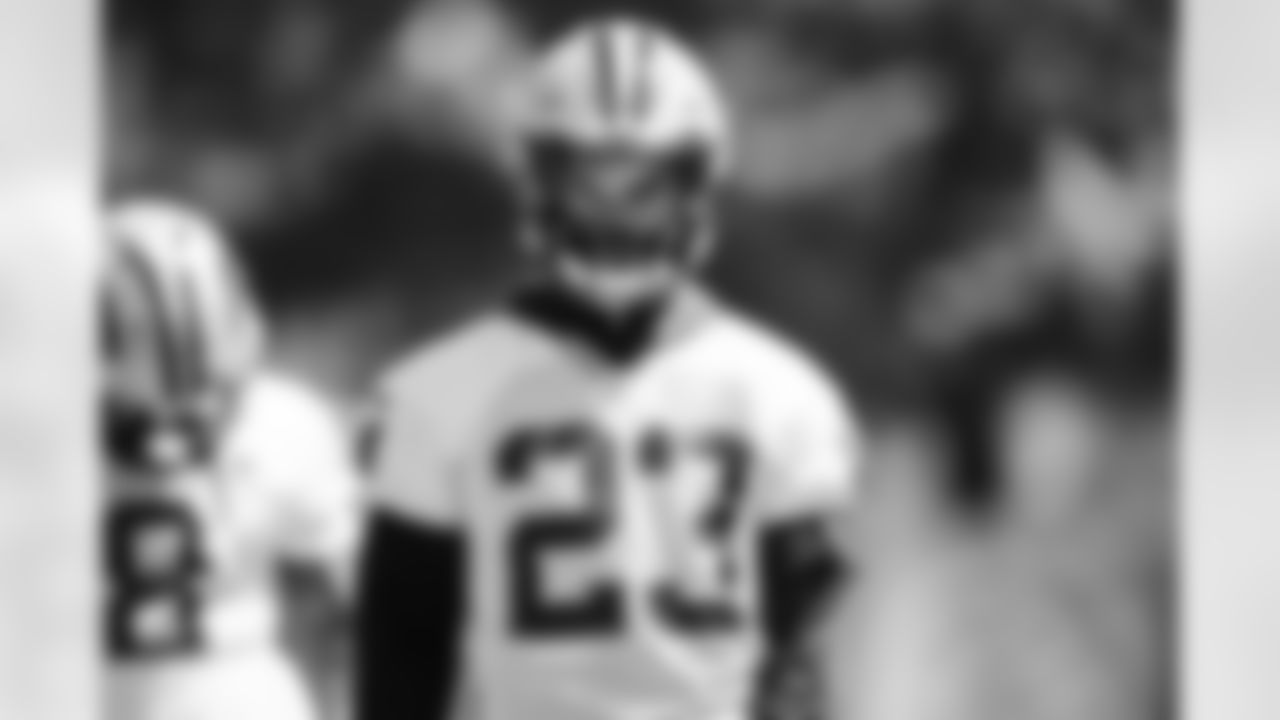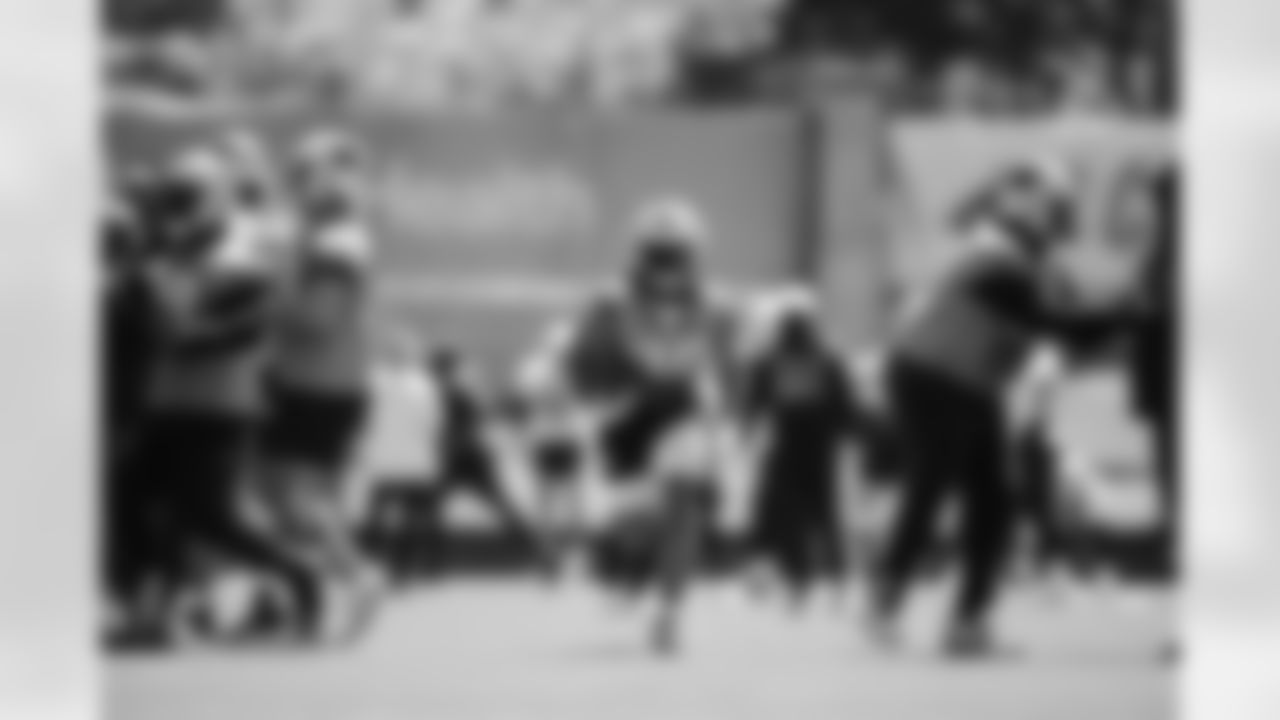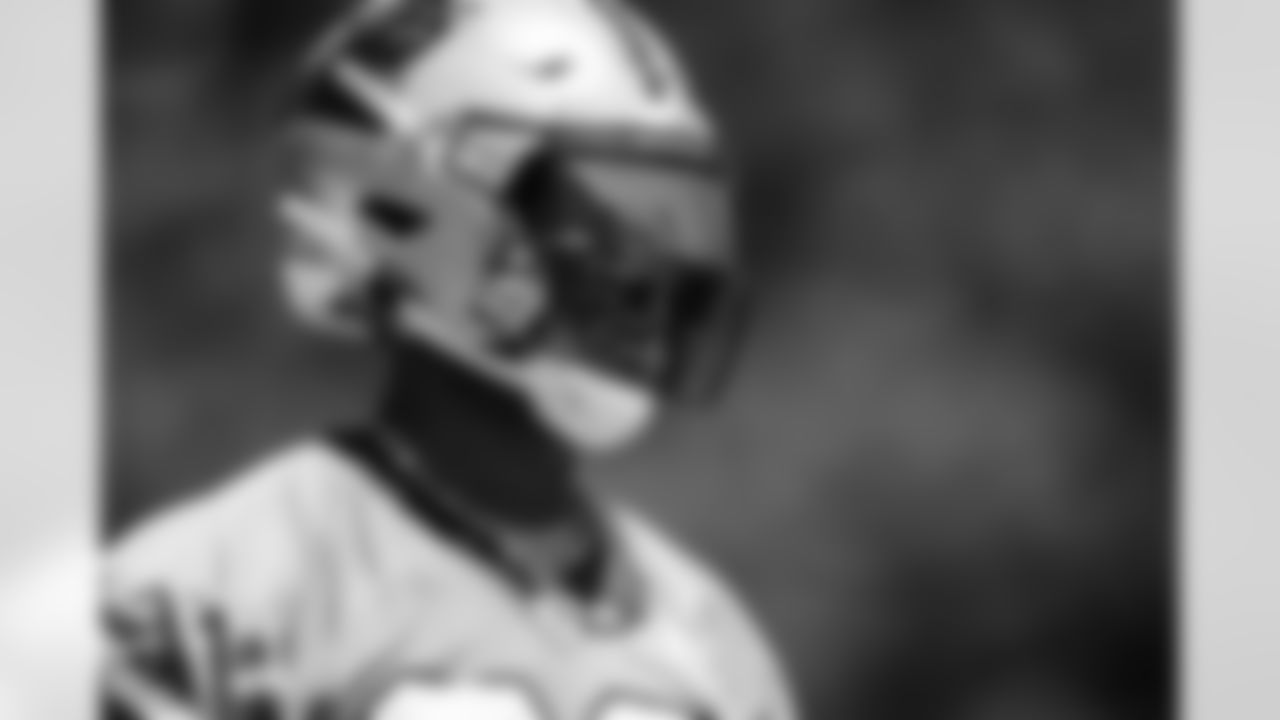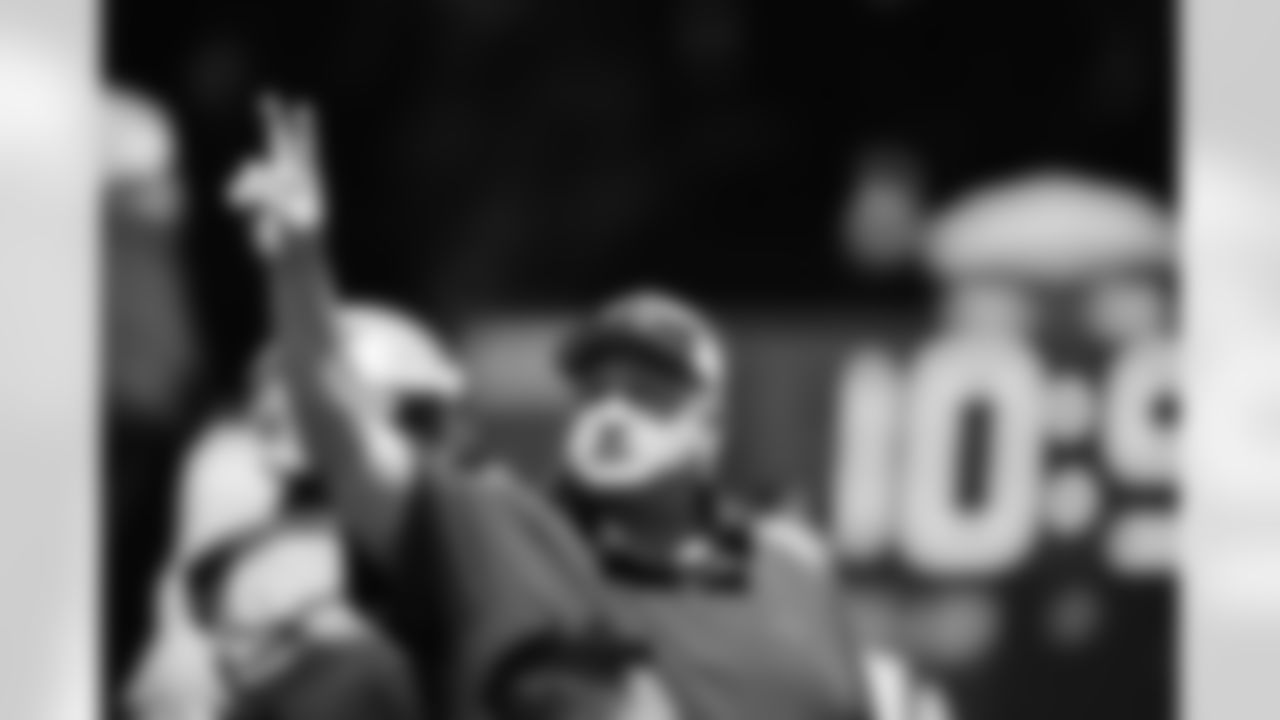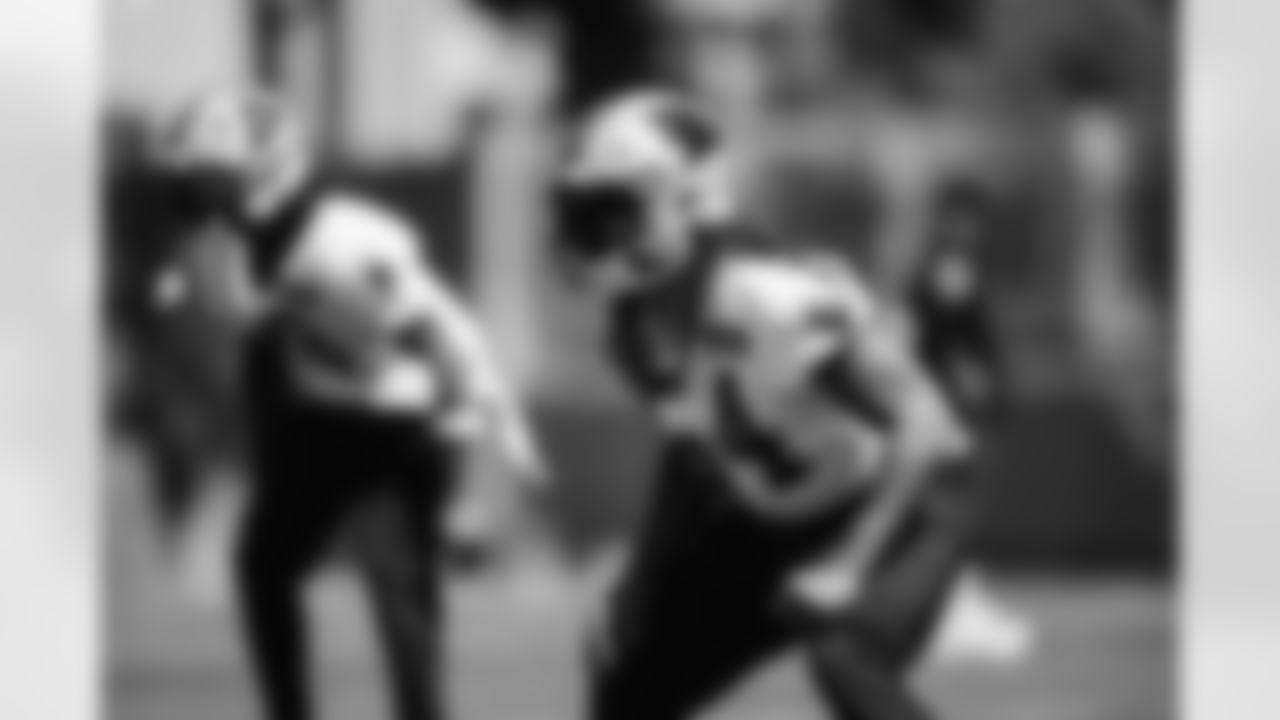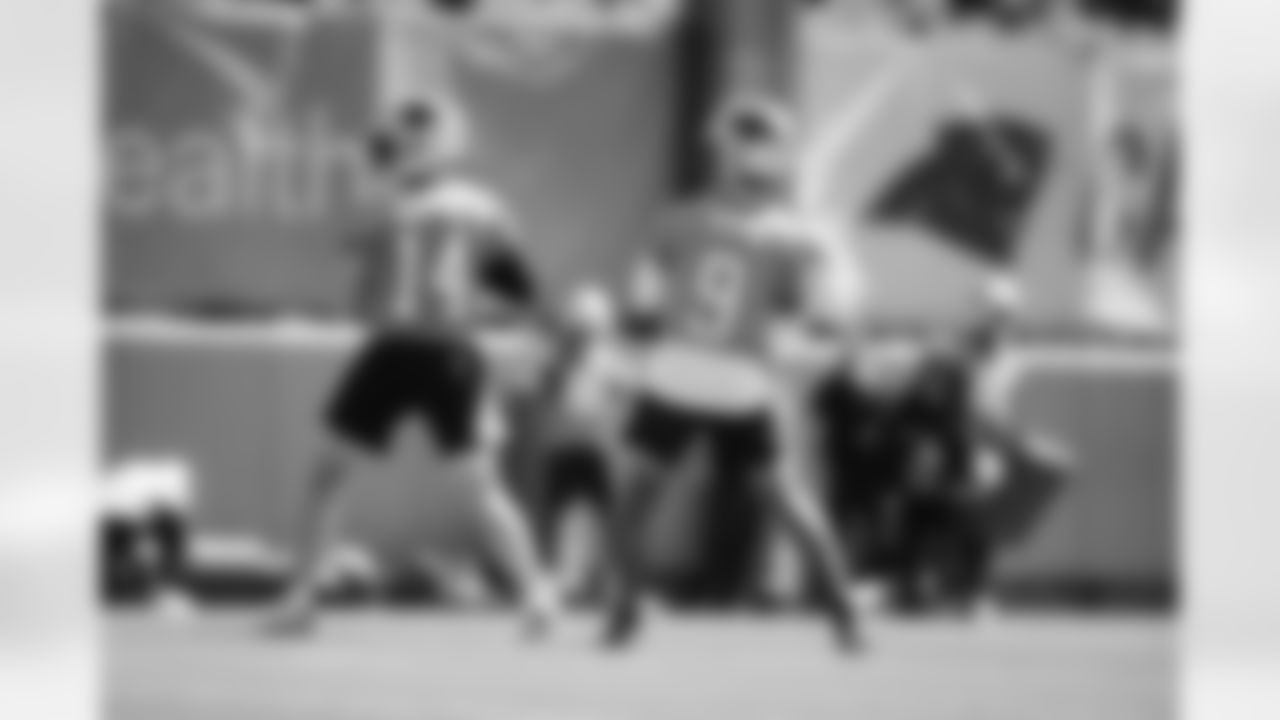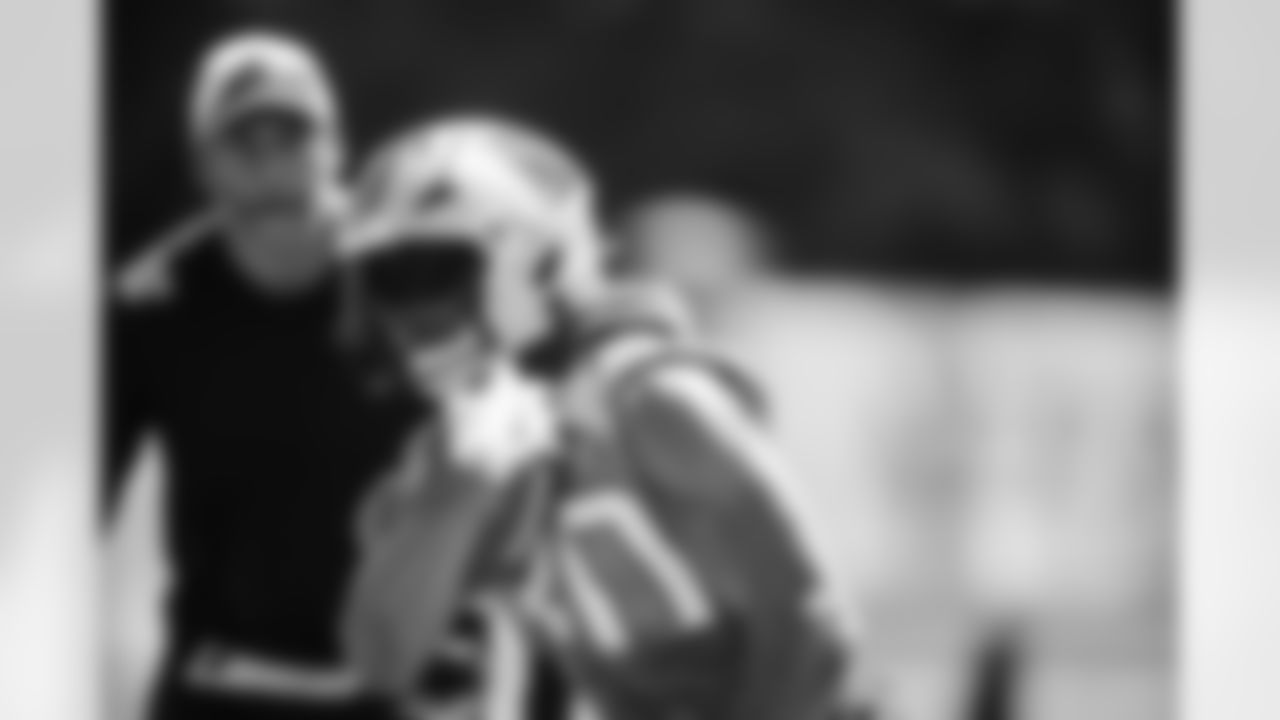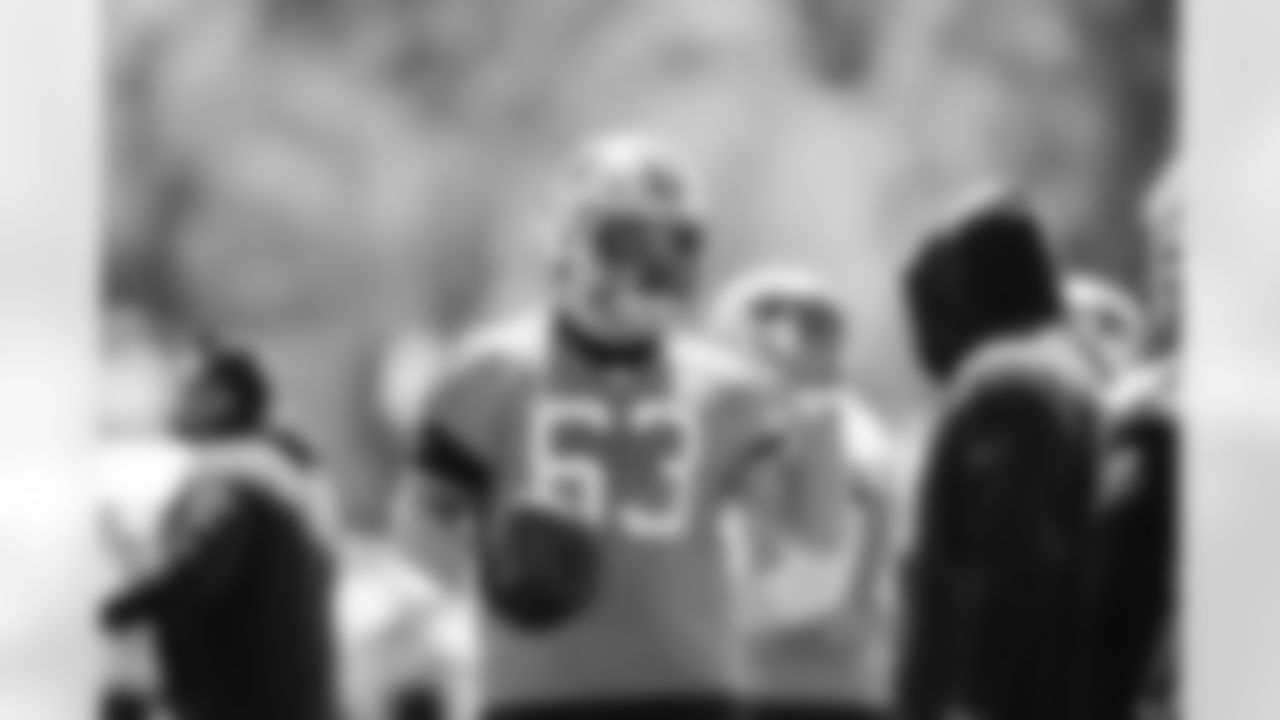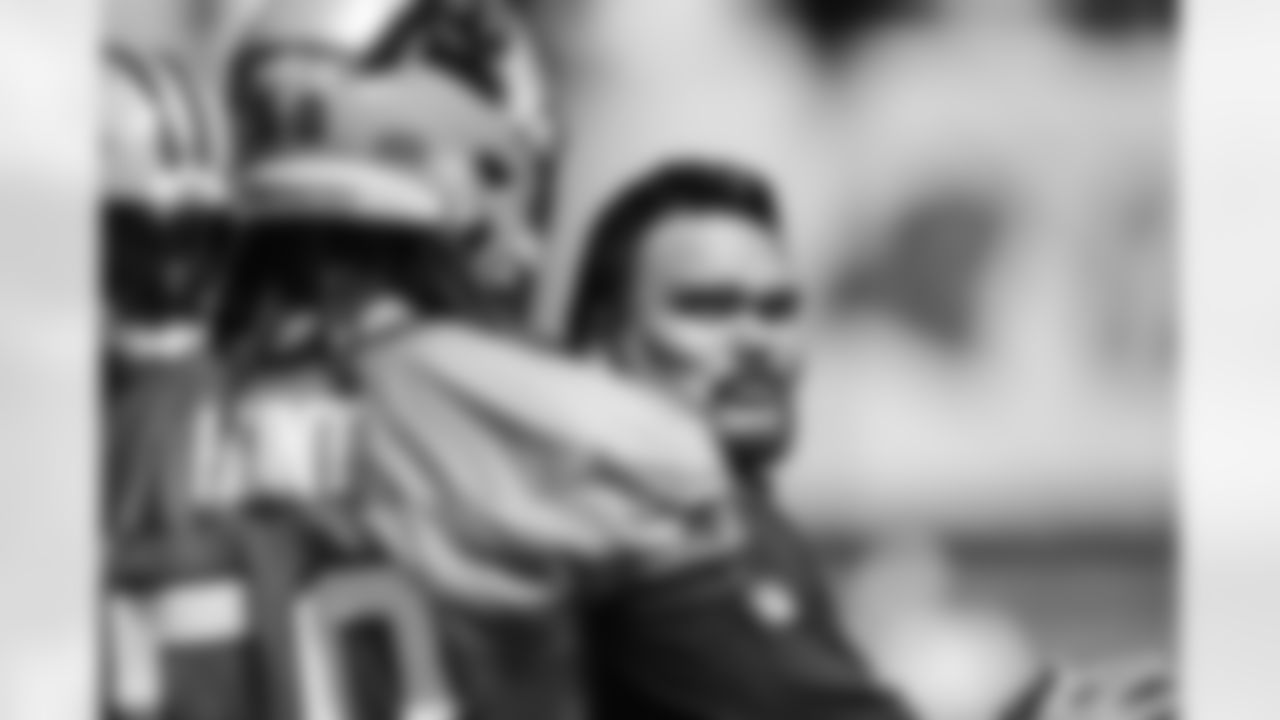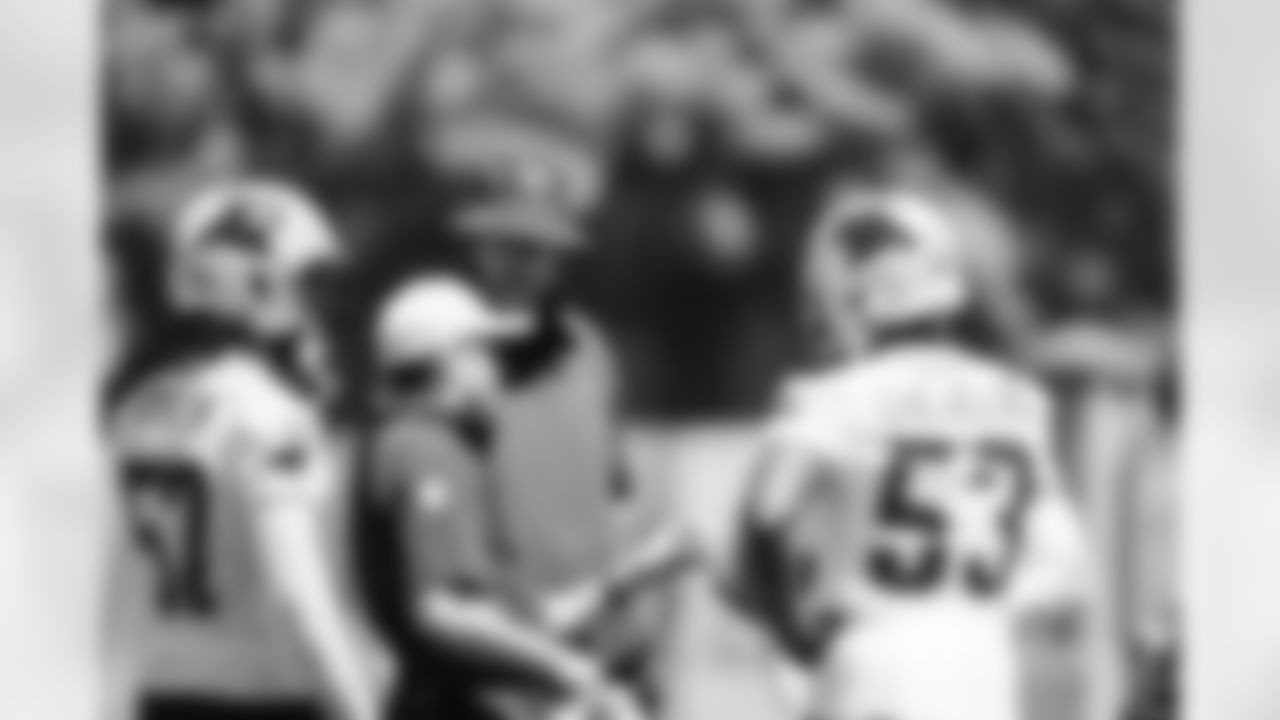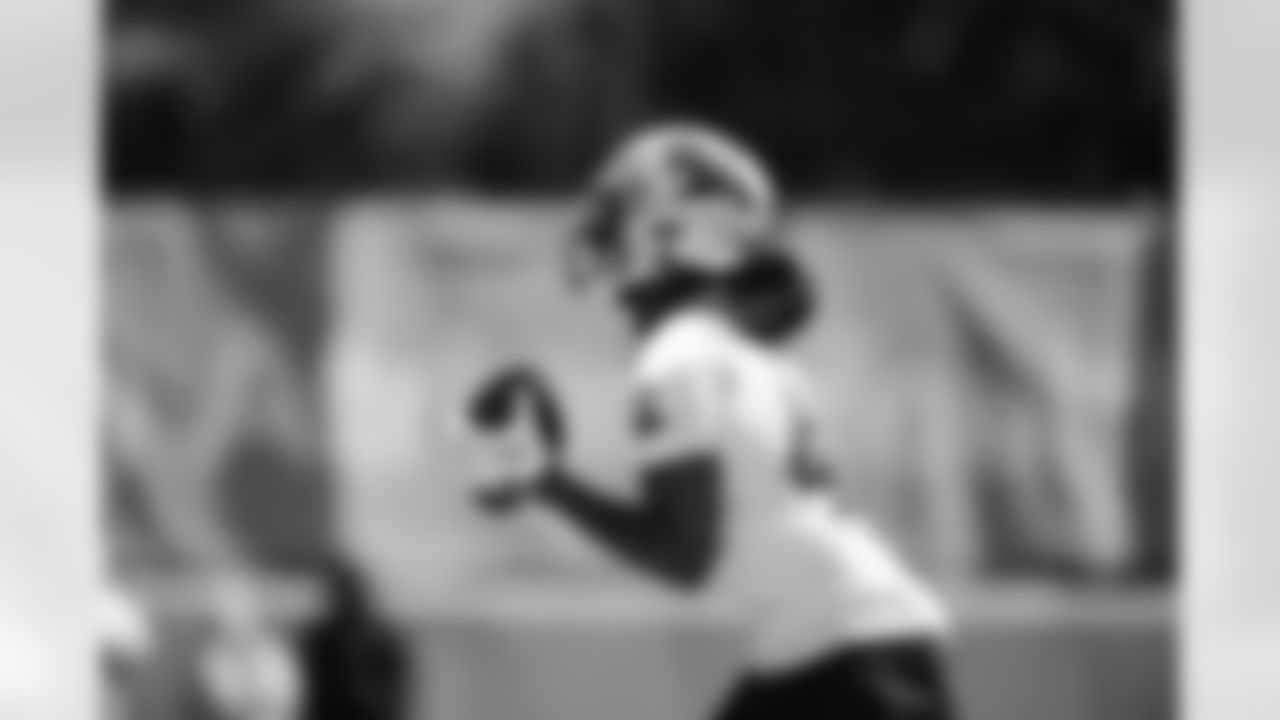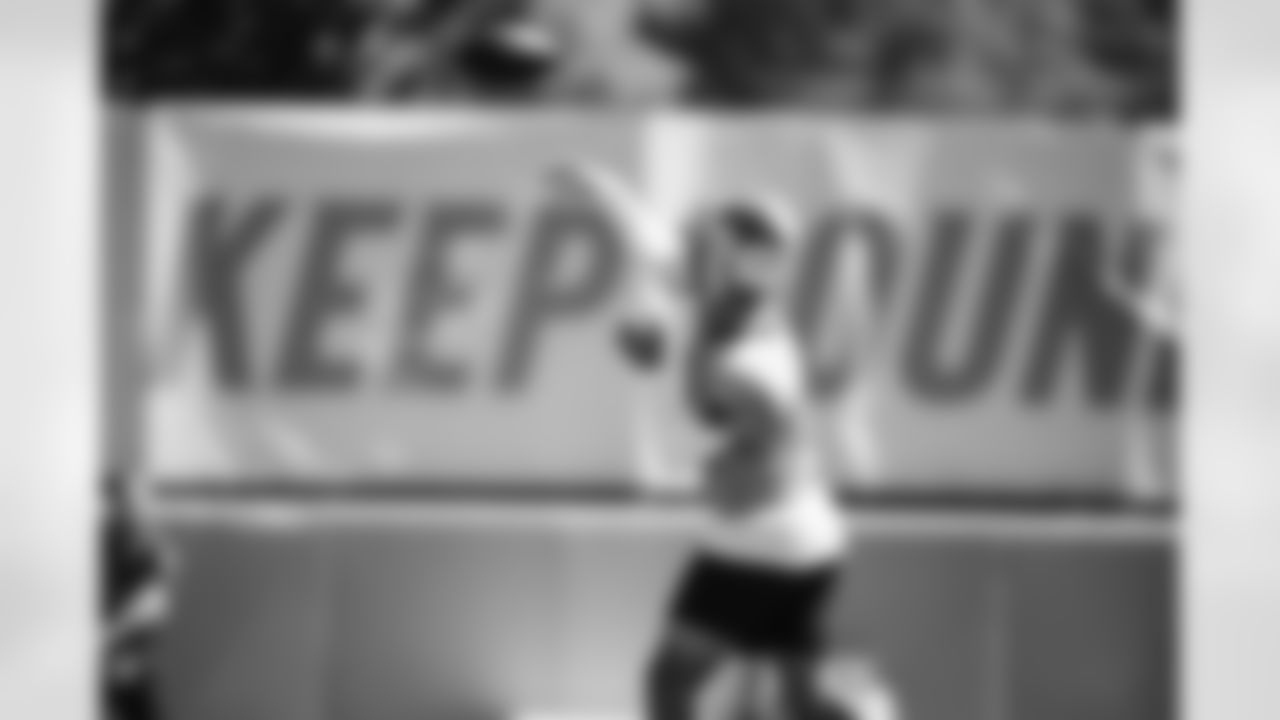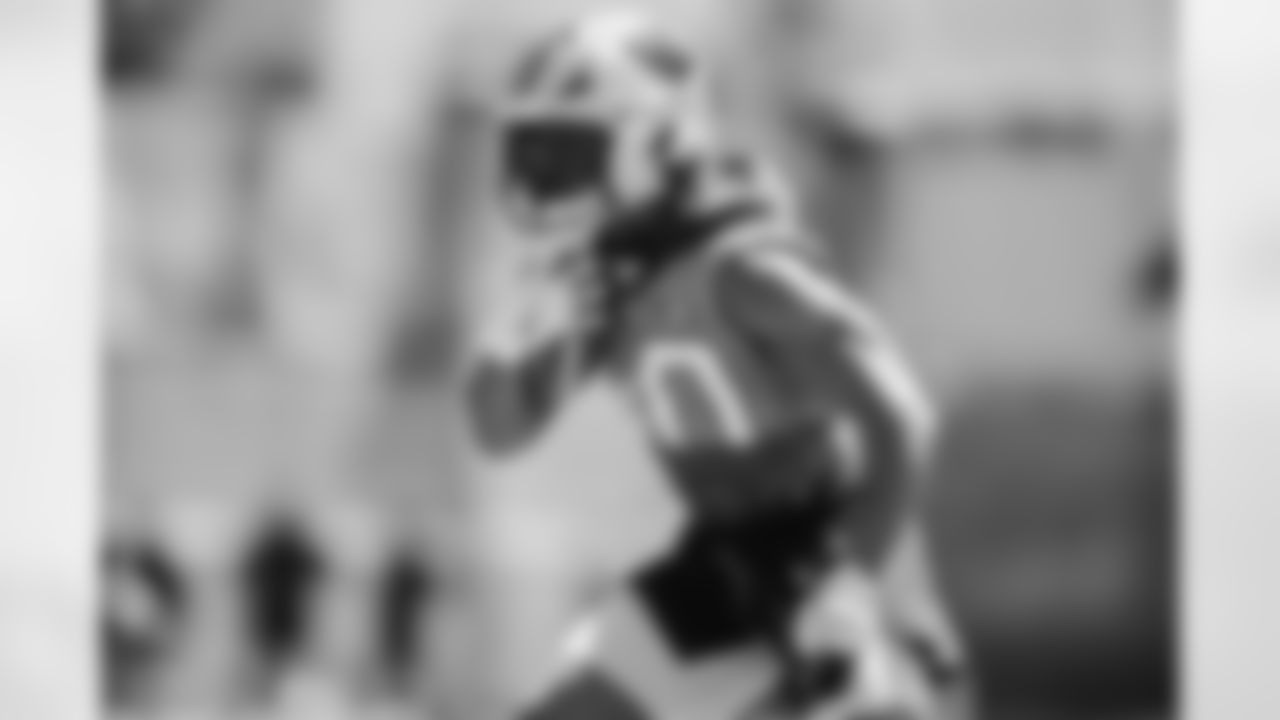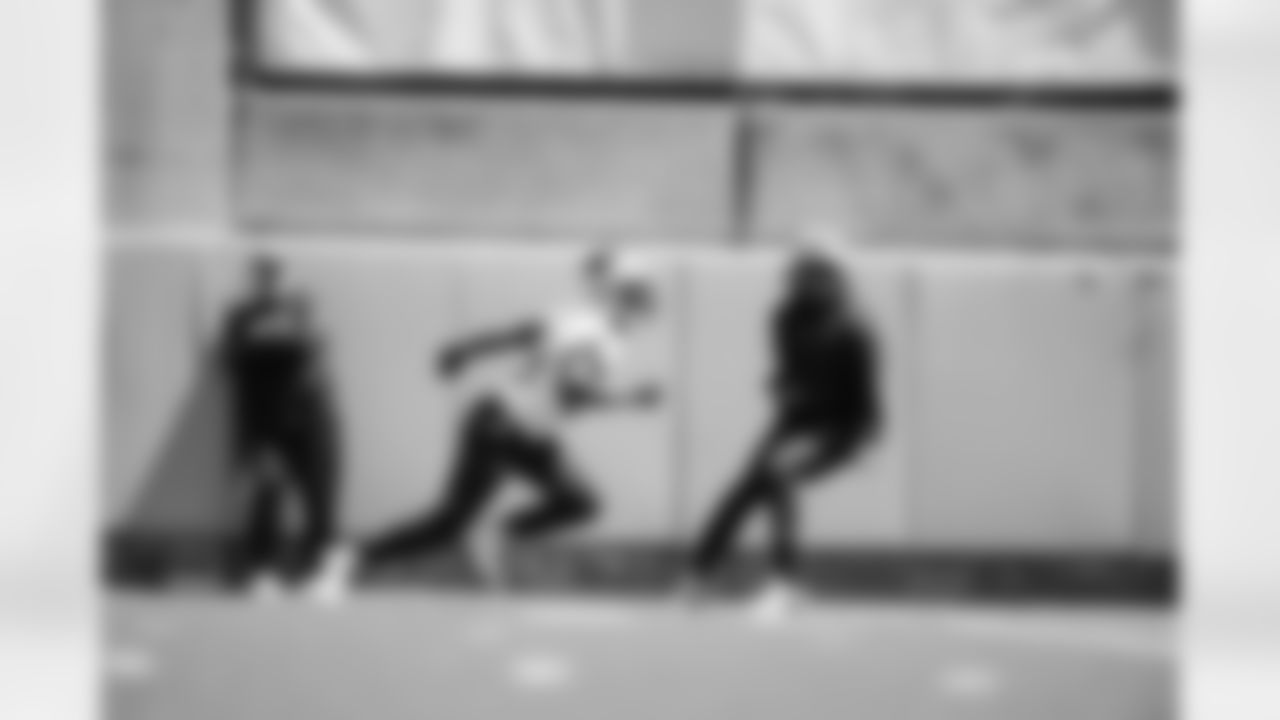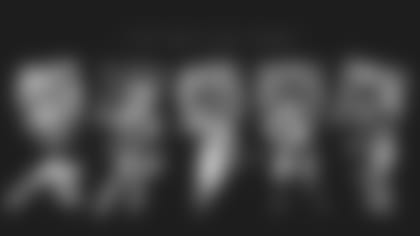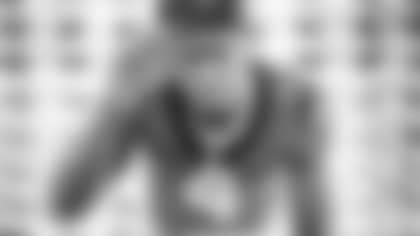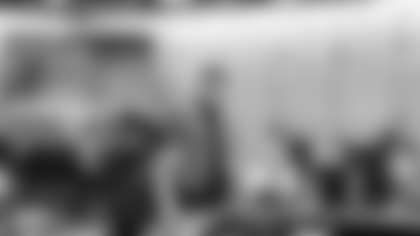CHARLOTTE — The worst part is the silence.
The phone not ringing.
Or even worse, the phone ringing and then not hearing anything.
But nothing was worse than the quiet hush of anticipation that led to, ... well, nothing.
For the men who sat and waited until the second round to hear their names called in the NFL Draft, the memories of that day — or those hours — are seared in their minds as they sat and listened, sometimes for words that would take another day to arrive.
For some, it became motivation.
For some, there were no expectations to begin with.
For all of them, however, it left them with experiences that set the stage for NFL careers.
And the recognition that before an NFL Draft starts, you can't believe everything you hear.
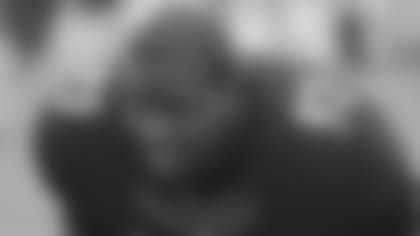
Kawann Short was an impressive prospect coming out of Purdue, and he could tell the Panthers liked him, or he thought they did at first. They were picking 14th overall, and needed help in the middle of the defensive line.
But a lot of other teams liked him, too, so he spent a lot of time that spring on the road.
His trip to Dallas, in particular, was a memorable one for him. They picked 18th overall, and that was the range Short was thinking he'd be in. He met with coaches and scouts, and left with the distinct impression that 18 was as far as he'd last on draft night based on things he heard there.
That sounded like a pretty good deal to Short at the time, being a mid-first-rounder. So naturally being excited, he told his family when he got home.
Which was fine, until it was draft night, and there was a party at a marina in East Chicago, Indiana. The place was full of friends and family who were excited to see where he'd land. The televisions were blaring, but the excitement around them drowned out the noise.
At least until Short's mother told them all to hush, right after the Steelers picked linebacker Jarvis Jones 17th overall. That was when they were going to hear the news they were all waiting for.
"She's going around, telling everybody to hold it down," Short recalled.
The only problem was, the Cowboys did not take Short with the 18th pick, they traded it to the 49ers, who took safety Eric Reid.
"It wasn't even the feeling; it was the physical look on my mom's face," Short said. "I think that was the moment where I kind of learned, you know, you just can't trust what people tell you. You've just got to wait; you've got to see the action."

For second-round picks, the action is eventual.
And the waiting for it is often the hardest part.
It was actually easier for second-rounders in the old days before the draft became a three-day television spectacular.
So for a guy like UCLA running back DeShaun Foster, the disappointment of not going in the first round in 2002 at least didn't carry into the next day, it was just a few minutes until he learned he'd be joining Julius Peppers in Carolina as the 34th overall pick.
"It wasn't even so much of a party; it was just my family over, and we're just sitting there waiting for the draft," Foster, now the coach at UCLA, recalled. "So after the first round ended, I was a little disappointed that I didn't get selected in the first round. But two picks later, I'm a Carolina Panther."

Foster was born in Charlotte and had family here, so he viewed it as a "blessing" to come back to the East coast. And the fact he didn't have to sit with it overnight was also one.
"It might have been 15 minutes, but it felt like 15 hours," he said.
Foster talked about the motivation provided by slipping (he was the third running back taken that year, behind William Green and TJ Duckett). And even though his rookie year was wiped out by injury, Foster came back for a memorable postseason run in 2003 to help the Panthers to the Super Bowl in just his second season.
"Most definitely, you most definitely remember who got picked in front of you and stuff like that," Foster recalled. "So, yeah, you have a little bit of extra motivation there, and it was just good to know that going to Carolina was not a horrible place. For us, being able to go to the Super Bowl so soon was just a dream come true."

Of course, there are also a few nightmares mixed in with those stories, like when the phone goes dead.
Heading into the 2011 draft, the quarterback picture was unclear. There was a general sense that Cam Newton was locked into the first pick for the Panthers, but after that, it was a mystery.
Andy Dalton figured he might go during the first round after a strong career at TCU, but there were other contenders. And in hindsight, as Dalton enters his 14th NFL season after going 35th overall to the Bengals, there were a lot of people who got it wrong.
Jake Locker was the second quarterback off the board, chosen eighth overall by the Titans. Two picks later, the Jaguars picked Blaine Gabbert. That's when Dalton really started to pay attention. The Texans picked 11th and went with JJ Watt, and then things got quiet around Dalton's party, where there were ESPN cameras documenting every move.
The Vikings had the 12th pick, so when Dalton's phone rang, he didn't know what was about to happen.
"My phone rings and it's an unknown number," Dalton said with a shrug. "So the camera clicks on, the lights, these big lights started flashing and everything."
"Hello?
"Hello?
"And I didn't hear anything; there was nobody on the other end. Like it just didn't work. And so I'm like, what the heck is happening? Meanwhile, the cameras are on, recording and stuff."

While he was wondering who was trying to call him or whether someone was just trying to sell him an extended warranty, the Vikings chose Florida State quarterback Christian Ponder.
Dalton just shook his head.
"I'm like good," he said. "I didn't want to go to Minnesota anyway."
Of course, there was still the fact he didn't know where he was going to end up, which led to a lot of nervous sitting and watching.
He had enough conversations with teams that he thought there could be a trade up, but the Seahawks were picking 25th, and Dalton recalled talking to quarterbacks coach Carl Smith (the father of Panthers special teams coach Tracy Smith) and others from the Seahawks organization. But they used that pick on offensive tackle James Carpenter instead, and Dalton fell to the second round, ending up paired in Cincinnati with receiver AJ Green in what would become a fruitful partnership.
But it was still tough waiting.
"After four quarterbacks got taken in the top 12, I'm like, OK, I'm the next guy, somebody's going to trade up," Dalton said. "I thought Cincy could trade up too; the Niners were another team I knew was interested. So when it got to pick 25 I'm like, all right, I guess this is happening, then they end up taking the offensive lineman.
"And it's just funny because we played the Seahawks that year, and I went up, and I talked with the quarterback coach at the time. It was like, I thought you were going come get me? And he said even in our last discussion it was like we were taking you, and it just obviously didn't work out that way."

For every player who stews as he sits and waits to hear his name called, others are unburdened by expectations.
"I knew a lot of things would have to go right for me to go in the first round," Panthers center Austin Corbett said.
So he didn't worry about it. He was so relaxed, in fact, that he almost missed it.
He was back with family in Nevada, and since he didn't think the Browns would take him 33rd overall, there was no reason to worry. So he went to get a workout in, and was just getting back to his house as the draft started back up again for the second day.
"During that whole process, we kind of wrote the Browns off," Corbett said. "Just because we thought their interior was pretty locked up with the guys at the time (Joel Bitonio, Kevin Zeitler, JC Tretter), and Joe Thomas had just retired, so that's a sure tackle. And I really didn't talk to them at all.
"So it was Friday afternoon. We were back in Reno at my parents' house and my dad just left to get my sister from softball practice just down the road. I had some people just rolling in, they're not even there yet. It's just getting ready to start, I'm kind of talking to the few friends and family that I have over.
"And the phone rings. It seems pretty early, and this thing just started. Sure enough, the Cleveland, Ohio, area code popped up. I'm like, all right, I guess I'm going to Cleveland."
Like Corbett, Muhsin Muhammad didn't walk into the weekend with high expectations.
He had only started for one year at Michigan State, but it was a good one year (50 catches for 867 yards and three touchdowns). Still, it was an incredibly deep receiver class that season, with six going in the first round, including first overall pick Keyshawn Johnson and future Hall of Famer Marvin Harrison (19th overall).
Muhammad wasn't one of those first-rounders, but he thought he might have been after some pre-draft visits.
"I actually flew to New England, and I sat down with Bill Parcells, and he talked to me about how much he loved Carl Banks (the Michigan State linebacker who played for him with the Giants), and he loved Big 10 wide receivers, the physicality, the toughness."
Those things were all true about Muhammad, but Parcells and the Patriots took wide receiver Terry Glenn seventh overall instead, and then safety Lawyer Milloy in the second round (36th).
Some teams late in the first round, like Kansas City and Washington showed interest in Muhammad as well, but that round came and went.
"I just remember a nervousness, you know, this anticipation. It's a mix of that along with excitement," Muhammad said. "There's this mystique about it and then, you know, there's the reality of it and they all kind of collide and once you hear your name called on TV, and you, you start figuring out where am I going to live, all these things are kind of swirling through your mind.
"And prior to the draft, I hadn't thought about a lot of it. It just led to some of the unknowns, right?"

It was largely unknown because that's the way the Panthers wanted it.
Parcells wasn't the only one who loved the big, tough, physical wide receiver.
Panthers general manager Bill Polian was also a big fan, and thought he'd be the kind of player to eventually go in the Hall of Honor here.
But when it was time for Muhammad's pro day at Michigan State, Polian was conspicuously not in attendance.
The Panthers had arranged to work Muhammad out privately after the event, and that's when coach Dom Capers and Polian slipped into East Lansing. (Capers was a longtime friend of then-Michigan State coach Nick Saban, as they worked as GAs together at Kent State early in their careers, so he had a detailed scouting report.)
"They never gave me any indication," Muhammad said of the Panthers. "They never gave me any feedback, and there was never any dialogue. And I later found out, you know, Bill Polian was at the workout. I think he just wanted to come and see it for himself and feel good about me.
"And I later found out that workout that I did, I think it really impressed him."
It did indeed, but that wasn't really communicated to Muhammad at the time.
So he waited until the 43rd pick before hearing his name called. Even though he saw Polian's face that day at the individual workout, he had no indication that their interest was so intense.
Polian loved the player. But he loved the secrecy more.
"We wanted to make sure we kept that workout private," the Hall of Fame general manager said. "We didn't want to tip anyone off that we were crazy about him, which we were."

Sometimes, teams will overtly tell a player they're interested. But sometimes, even that interest comes with some sharp words and a scowl.
Short also had a private workout with the Panthers prior to his draft, with assistant coaches Eric Washington and Sam Mills III there, along with longtime college scouting director Don Gregory.
Short was obviously talented, but there were some questions about other parts of his game.
"The film doesn't lie, but I had a big knock of, oh, he was inconsistent, or his motor's not there," Short said.
So when the Panthers came to see him, they decided to rev him up. Gregory was the prototypical salty old road scout, and he went to West Lafayette with a mission.
"Don Gregory specifically came in and tried to get me out of my character and just saying little stuff, you know, oh, you're not good enough," Short recalled. "I've got Eric Washington and Sam over here telling me what to do, and then I got Don in my other ear like you ain't tough enough."
Short can laugh about it now, but at the time of the workout, he wasn't sure the Panthers liked him at all.
"I didn't know Don Gregory was going to come here with so much heat," he said with a laugh. "So after that workout, I called my agent like, man, I don't know about Carolina, especially if it's going to be like that."
Short didn't know what to make of it until much later, really until then-general manager Dave Gettleman took him with the 44th pick (after they used their first rounder on nose tackle Star Lotulelei).
"Once I got drafted, I met with Gettleman, and he was like one of the things that stood out about you; I know you can play this game; I know you'll last long," Short said. "But the thing that I was most impressed about was when I sent Don Gregory there to literally get under your skin. You didn't fold, you didn't waver, you did what you needed to do."

By the time the Panthers eventually called, Short was ready to agree to anything, even an a uniform number that he'd have never chosen for himself. He'd quickly get into his signature 99, but it wasn't available at the time, so he settled for the first thing offered.
"When Carolina called, it was like when I say everybody was shocked me, my agent, my family," Short recalled. "I was so shocked and I just remember they asked what number you want? Do they have these different numbers? They said they had 68. That was like the first number that they said, but I was just excited. I didn't even give them a chance to finish and find out the rest of the numbers. So that's why preseason in my rookie year it was 68. It just don't look good on the D-line.
"Growing up it's the 99, the nineties and it was like, OK, all those were gone and I'm just like 68 and it was like 73 or something like that. And just as soon as they said 68 then they started saying other stuff, and I was like 68 is fine."
At that point, he was just happy to have a number pop up on his phone so he'd have anything on his jersey.
It might not have been what he wanted to hear, but it beats some of the alternatives.
Short now knows not to take things at face value during draft season. Not only did the Cowboys not take him 18th, they traded down to 31 and didn't take him there either, going for center Travis Frederick instead.
Now that a decade has passed, and he had a productive eight-year career with the Panthers, Short knows that everything worked out for him.
He might not have liked his mother having to go through the angst that came from not being a first-rounder. And he might not have loved Don Gregory giving him the business.
But when you're a second-round pick, the only thing worse than hearing those things is hearing nothing at all.
View photos of the Panthers' voluntary offseason workouts on Tuesday.

